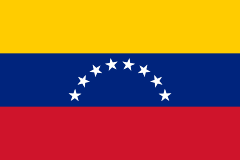
Visa and entry requirements Venezuela:
Passport required
No visa is required
Information from the Foreign Office about your trip to Venezuela:
https://www.auswaertiges-amt.de/de/venezuelasicherheit/224982
Venezuela is a country in the north of South America, located on the Caribbean coast. The country has around 32 million inhabitants and borders Guyana to the east, Brazil to the south, Colombia to the west and the Caribbean to the north. Venezuela is the sixth largest country on the South American continent.
The official language of Venezuela is Spanish, 97% of the population profess the Roman Catholic faith and the national currency is the bolivar. Until 2013, the exchange rate for the domestic currency was one US dollar, around 6 bolivars. However, in 2014 inflation was 64% - the highest inflation rate in the world, since then the bolivar has slipped dramatically and is no longer tradable today. Nowadays the country is experiencing a serious supply crisis, with basic food shortages in particular. As a result, crime rates in cities also rose rapidly.
Venezuela's landscape is more diverse than any other country in South America. The national territory can be divided into five different regions: the Andes, the Orinoco plains in the center, the Maracaibo lowlands in the northwest, the Guiana highlands in the southeast and the northern Caribbean islands, with the island of Margarita as the largest and best known.
The highest mountain in Venezuela is Pico Bolivar at 4,981 meters.
The Guiana Highlands are located southeast of the Orinoco and occupy almost 55% of the entire area of Venezuela. Countless huge waterfalls cascade down from their mighty table mountains, which are unique in the world because of their height. The highest waterfall in the world is the Salto Angel in the Canaima National Park, with a drop of 979 meters. The waterfall, which belongs to the “Gran Sabana” plateau, has now become one of the largest tourist attractions in Venezuela, although it is relatively difficult to reach.
With a length of 2,574 kilometers, the Orinoco River is the largest and most important river in the country, out of a total of over 1,000 rivers throughout the national territory. Today there are exactly 43 national parks and 36 natural monuments in Venezuela.
The country's largest cities include Caracas, Maracaibo, Valencia, Barquisimeto, Ciudad Guayana, Barcelona, Maracay, Maturin and Merida.
More than 86% of all residents live in the north of the country, mostly in the coastal areas. Only 4% of Venezuela's entire population live in the southern area of the country, south of the Orinoco.
In addition, around 3% indigenous people live in different groups in the Amazon region or north of Maracaibo.
Venezuela's economy is almost entirely dependent on the main raw material, petroleum; almost 95% of government revenue comes from the oil business. Despite having the world's largest oil reserves, it is not enough to stabilize the state.
Tourism, which used to be well developed, has completely collapsed in recent years due to the unstable economic situation in the country.
The capital and largest city of Venezuela is Caracas, with around 2.2 million inhabitants in the urban area and almost 3.5 million in the metropolitan area. Caracas is the political, economic and cultural center of the country. Due to its high murder rate, the city is considered one of the most dangerous places in the world.
Caracas is located in the north of Venezuela, at an altitude of around 920 meters and is only about 10 kilometers as the crow flies from the Caribbean Sea. The city has a predominantly tropical climate, with an average of 24 degrees Celsius.
The main attractions of Caracas include the Simon Bolivar Birthplace, Venezuela Square, the National Panteon of Venezuela from 1870, the Ibrahim Al-Ibrahim Mosque, the Cathedral of Caracas, the Museum of Modern Art, the Metro, the Capitol of Caracas, the Palace of Miraflores - the presidential residence, Bolivar Square, the historic Altamira Square, the National Theater, the office building "Cubo Negro", the shopping area around the boulevard of "Sabana Grande", the promenade "Paseo de los Proceres” – with fountains, walls, statues and stairs, some interesting churches and the El Avila National Park outside the city.
In August 2015, I traveled to the city of Caracas for two days during my big Caribbean tour. Due to the difficult political and economic situation in the country, I unfortunately had to cancel my planned stay on the Caribbean island of Margarita.
The city is actually beautiful and unique because of the many houses on the mountain slopes, but the onset of inflation and the prevailing crime gave me a constant uneasy feeling.
Immediately after arriving, I exchanged 30 US dollars for two people with my private host, who I found on the Internet portal “Couchsurfing”. At the black market rate at the time of 1 to 600, I got an incredible 18,000 bolivars for it, i.e. 100 times more than the official rate at the bank. Because there were generally no larger bills in this currency, I got everything in 50 or 100 denomination bills, a total of three bundles of money that were actually difficult to carry in my trouser pockets.
When I filled up my landlord's car with gas, which I had given him immediately upon arrival to pick me up from the airport, I only paid a whopping 0.30 euro cents for 45 liters, simply unbelievable.
Despite a short tour of the city, lunch in a good restaurant, a visit to the “Hard Rock Cafe-Caracas” and a short detour to the Caracas beer festival that was currently taking place, we, two people, were not able to spend the money we had exchanged in two days. Then it was not surprising that the South American country was in serious crisis.
Due to the extremely dangerous security situation for foreign visitors at this time, we have refrained from further activities in the city for our own protection.
By the way, my second attempt to get to Margarita Island failed again in 2017. Despite having booked and paid for a flight ticket from Panama City to Porlamar, I was not allowed to check in at the Panama airport because I had not forwarded some personal information in an email written in Spanish shortly after booking. I could still remember this email clearly, at the time I thought it said something like the usual, Thank you for your booking. That moment at the Panama City airport was really very frustrating.
Actually, it's a real shame what a precarious situation this beautiful country Venezuela finds itself in. I hope for everyone living there that their personal well-being will improve significantly in the next few years and that the state of Venezuela will find the difficult way out of the crisis.
One day I would like to come back, then for a longer period and with a guaranteed visit to Salto Angel, the largest and most powerful free-falling waterfall on earth.

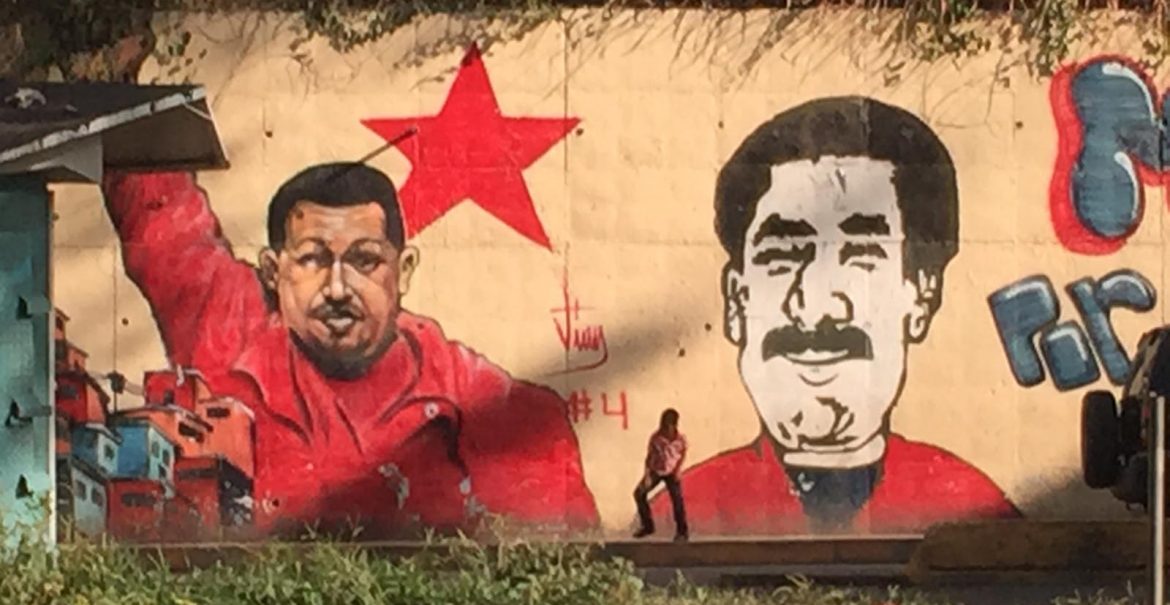
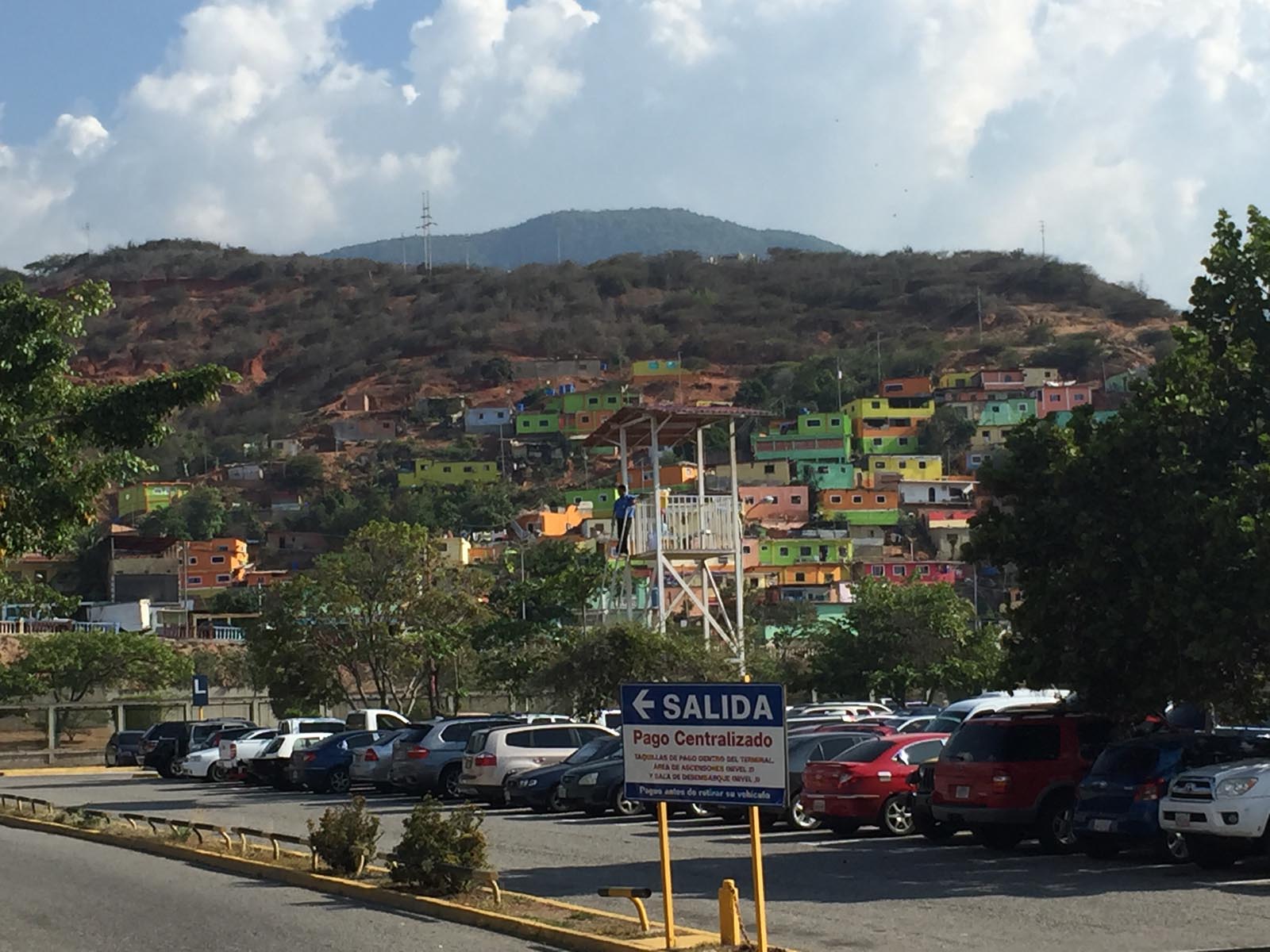
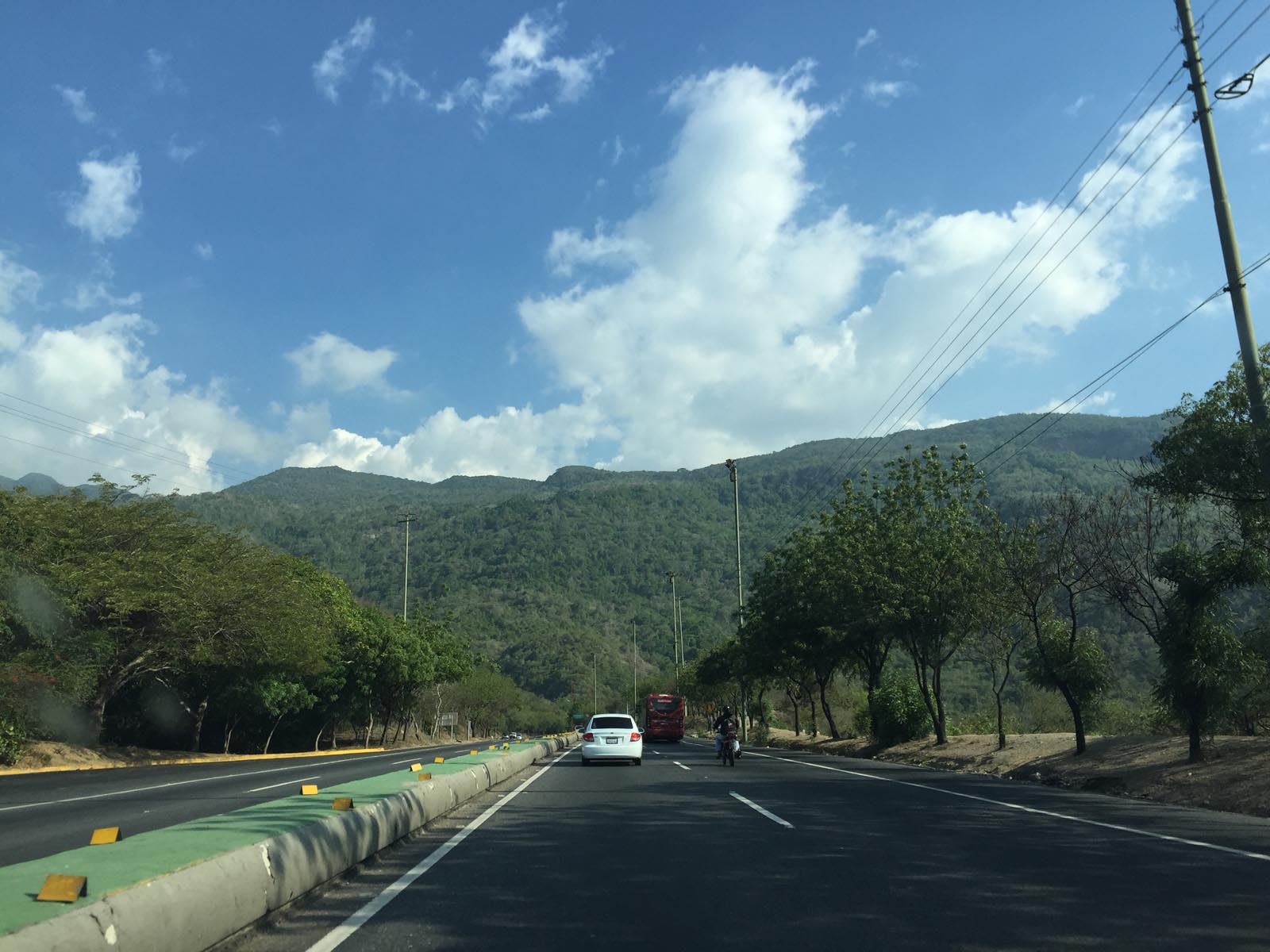
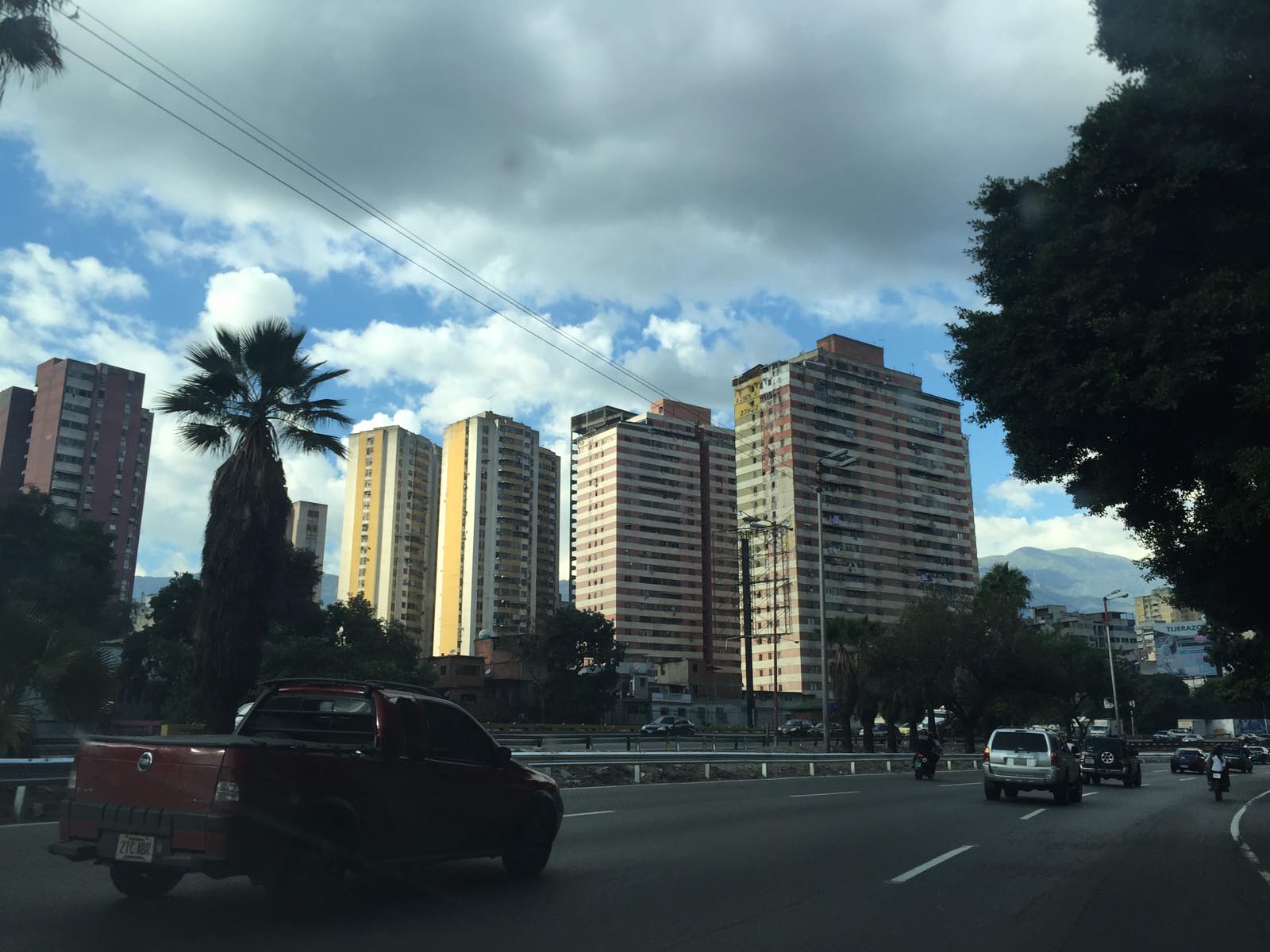
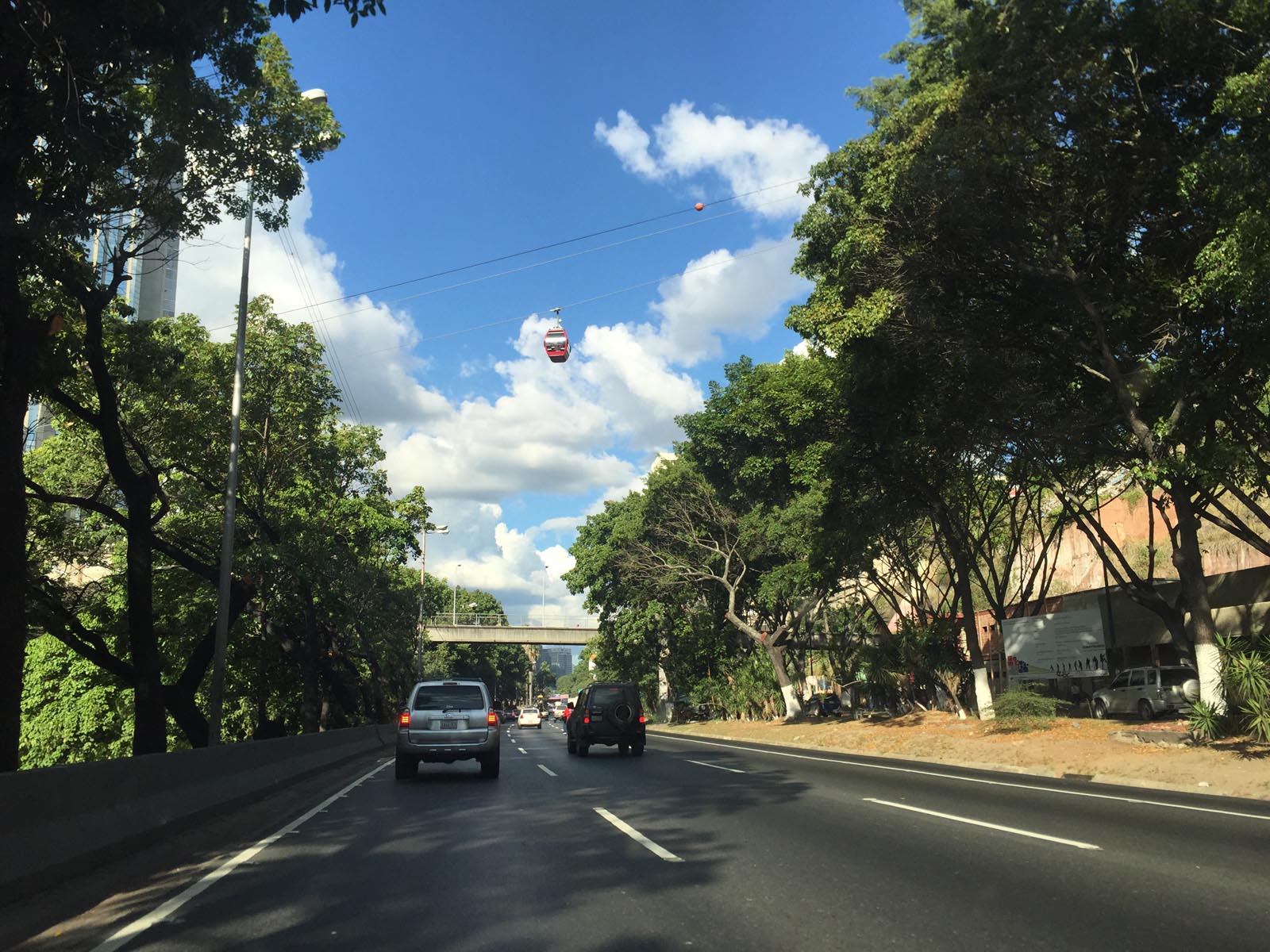
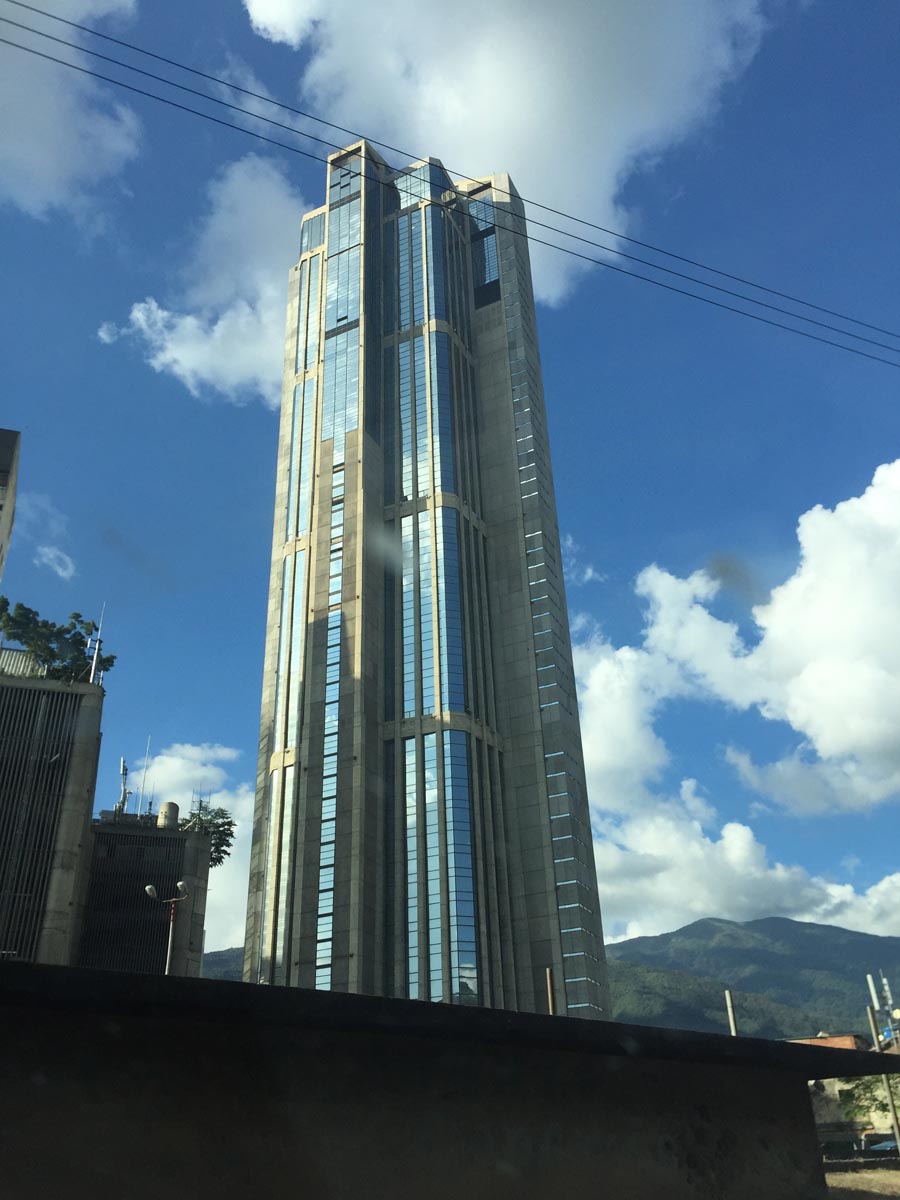
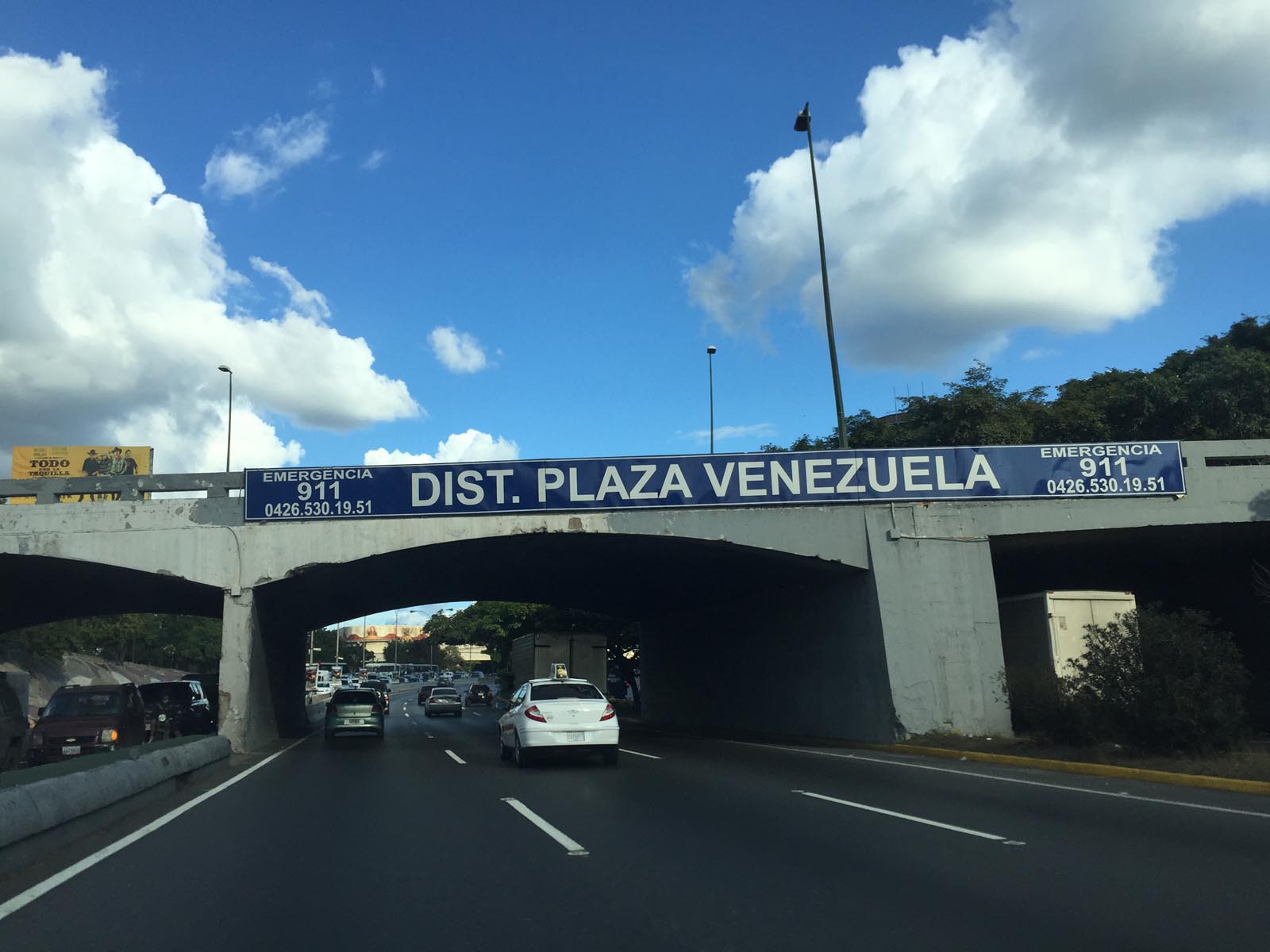
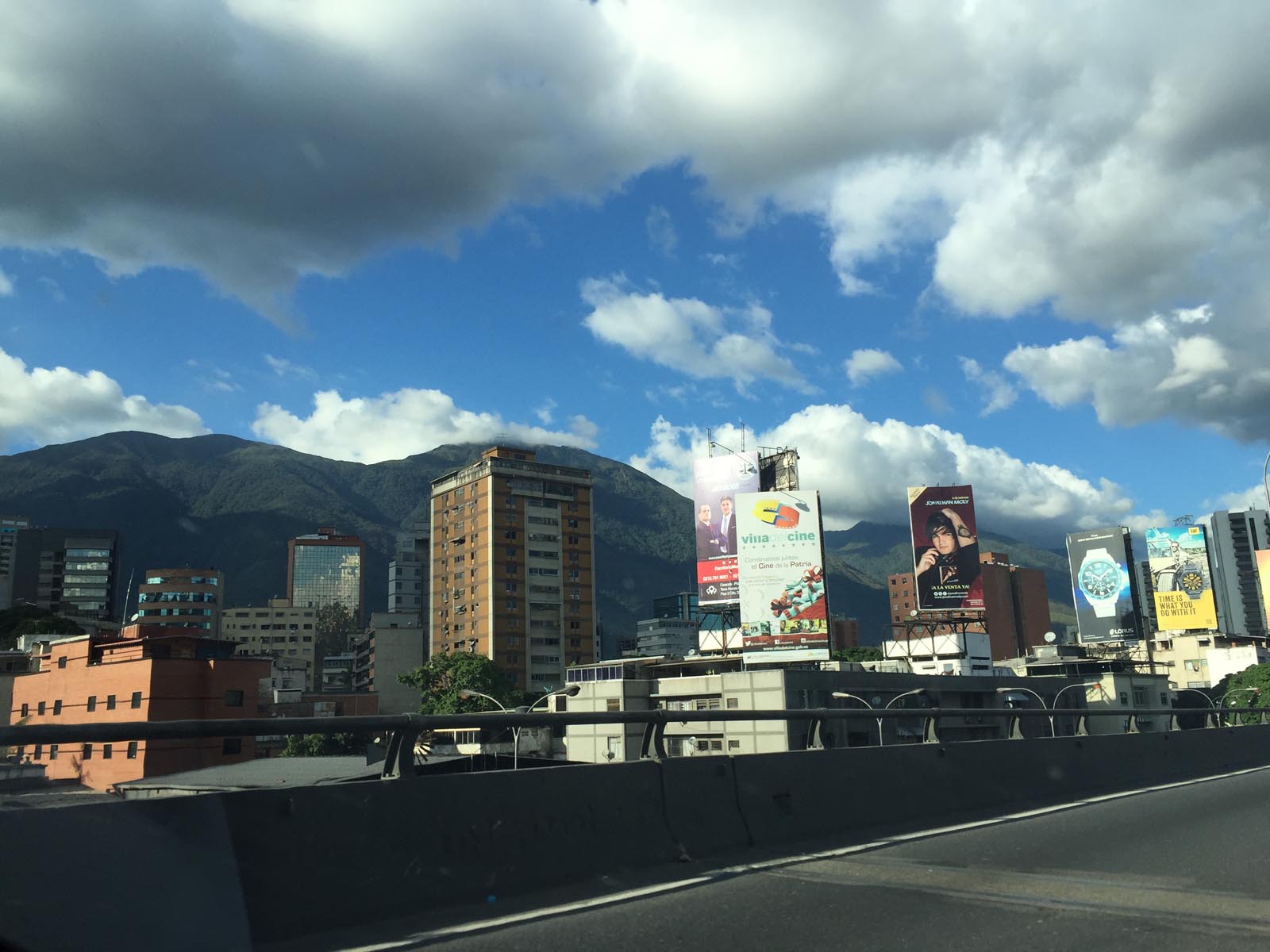
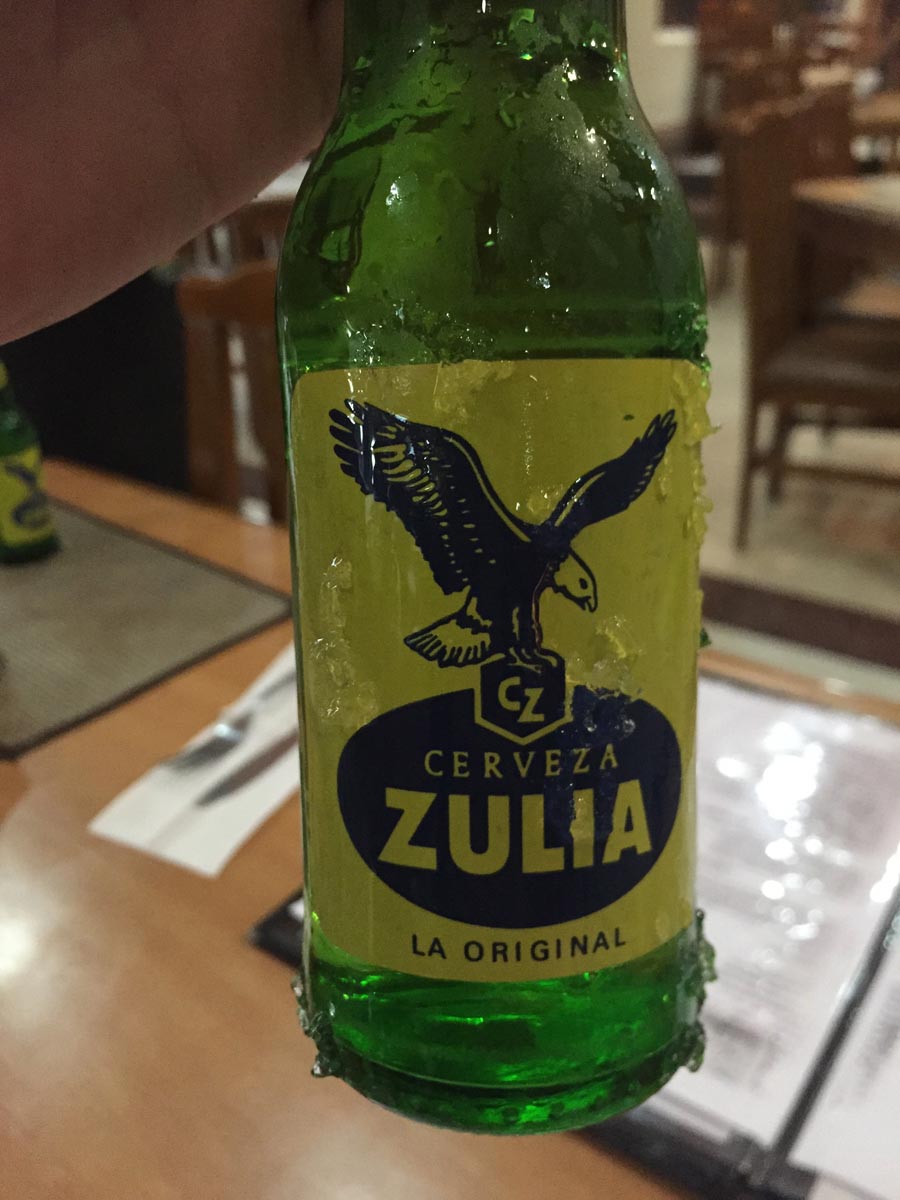
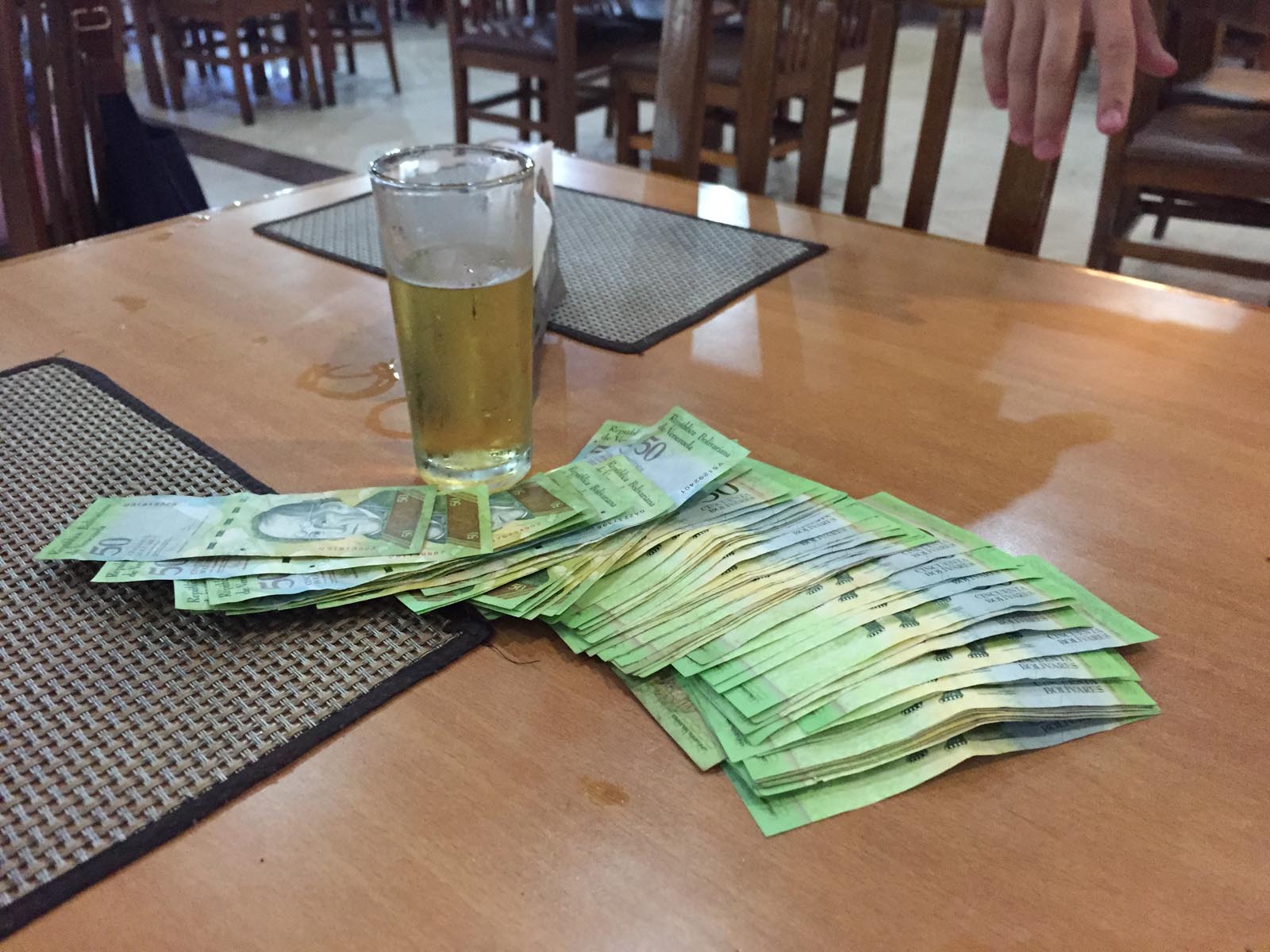
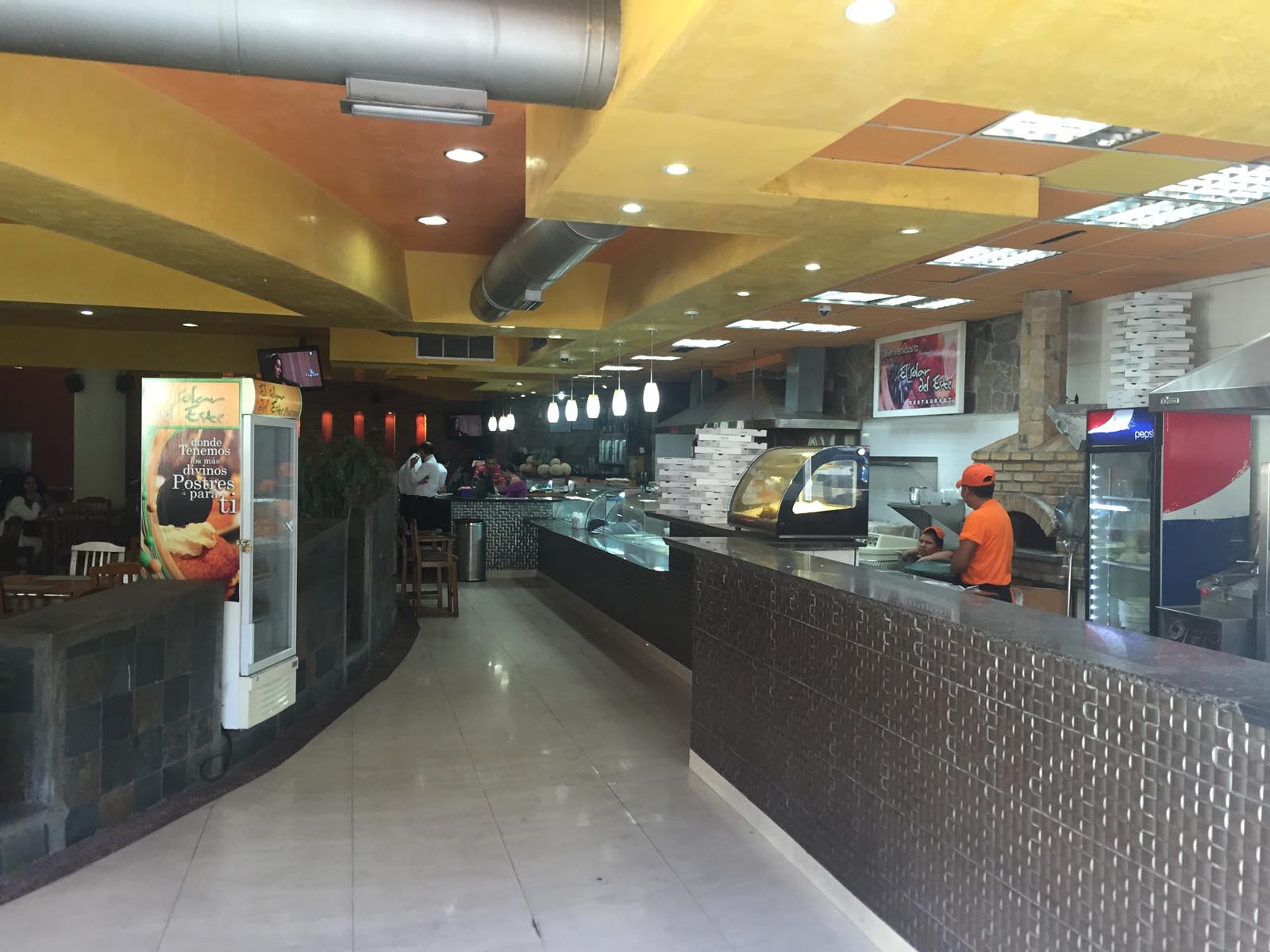

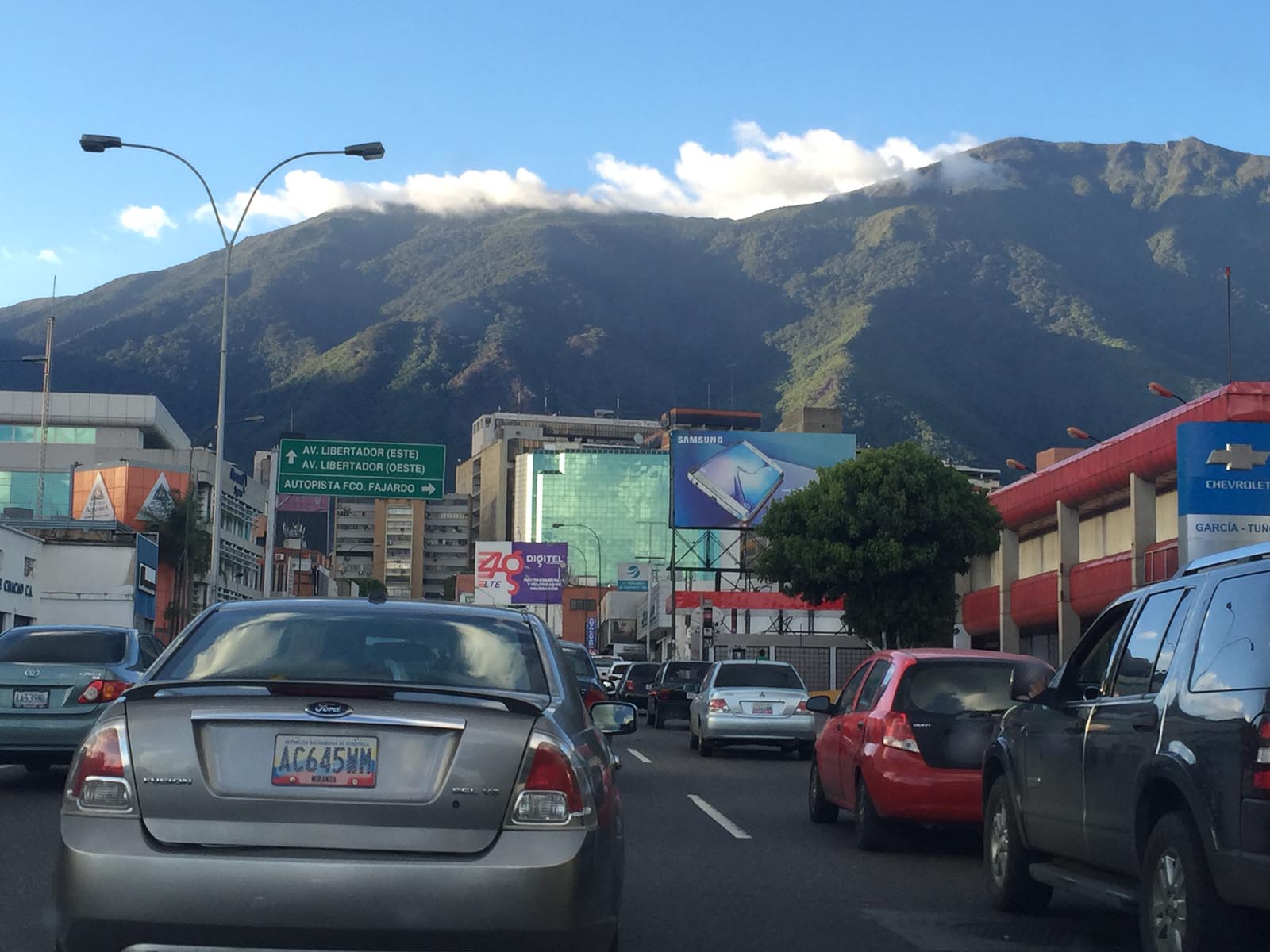
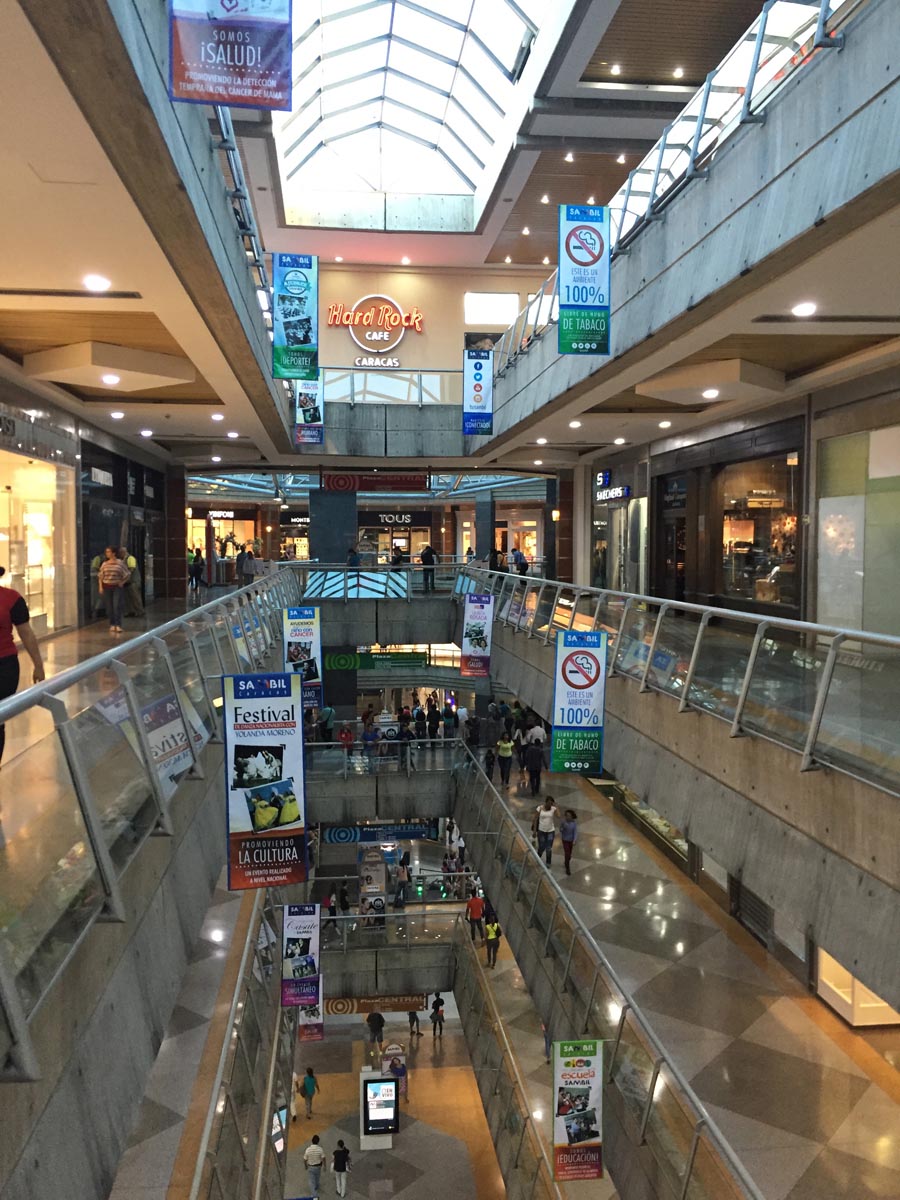

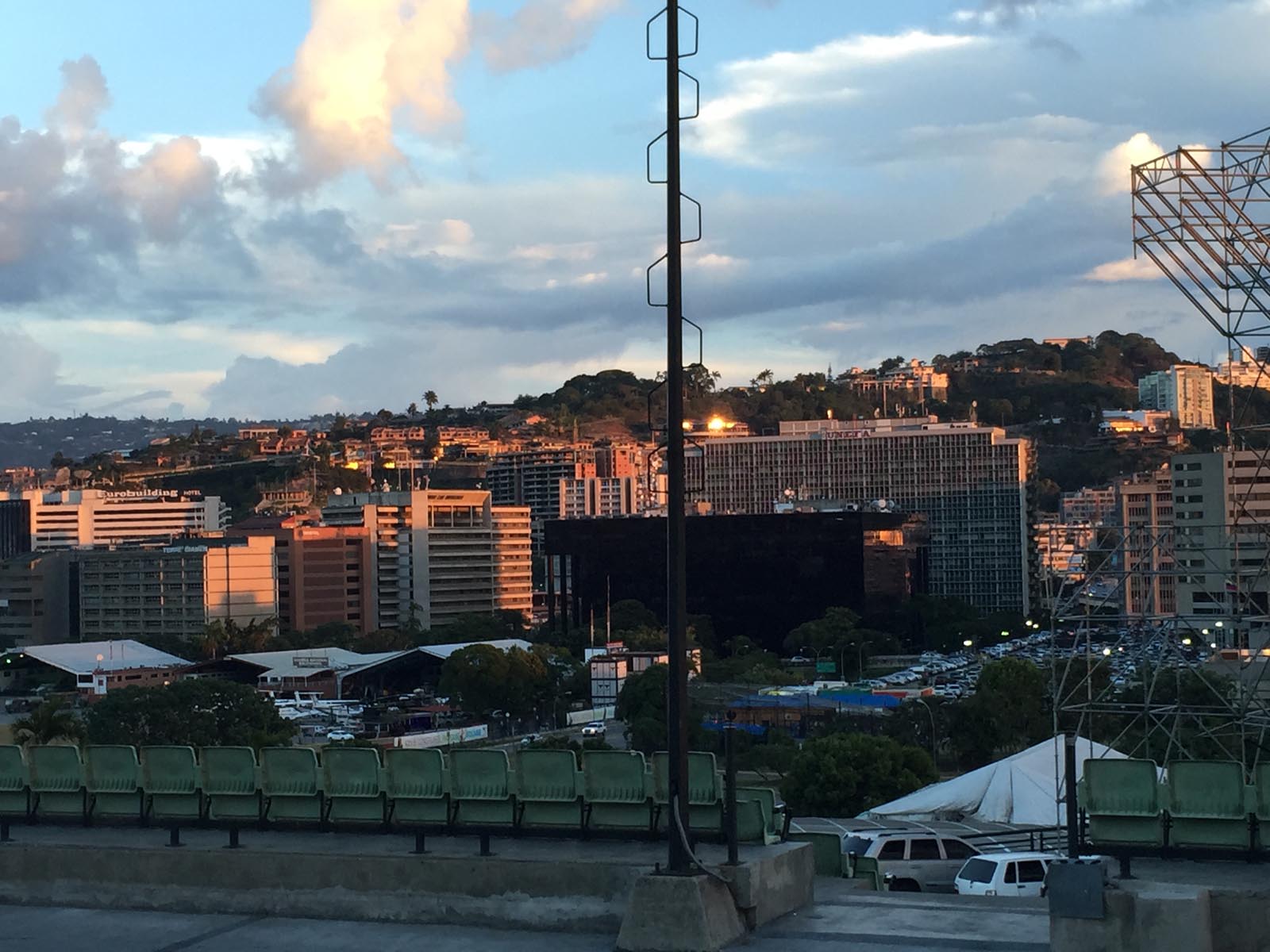
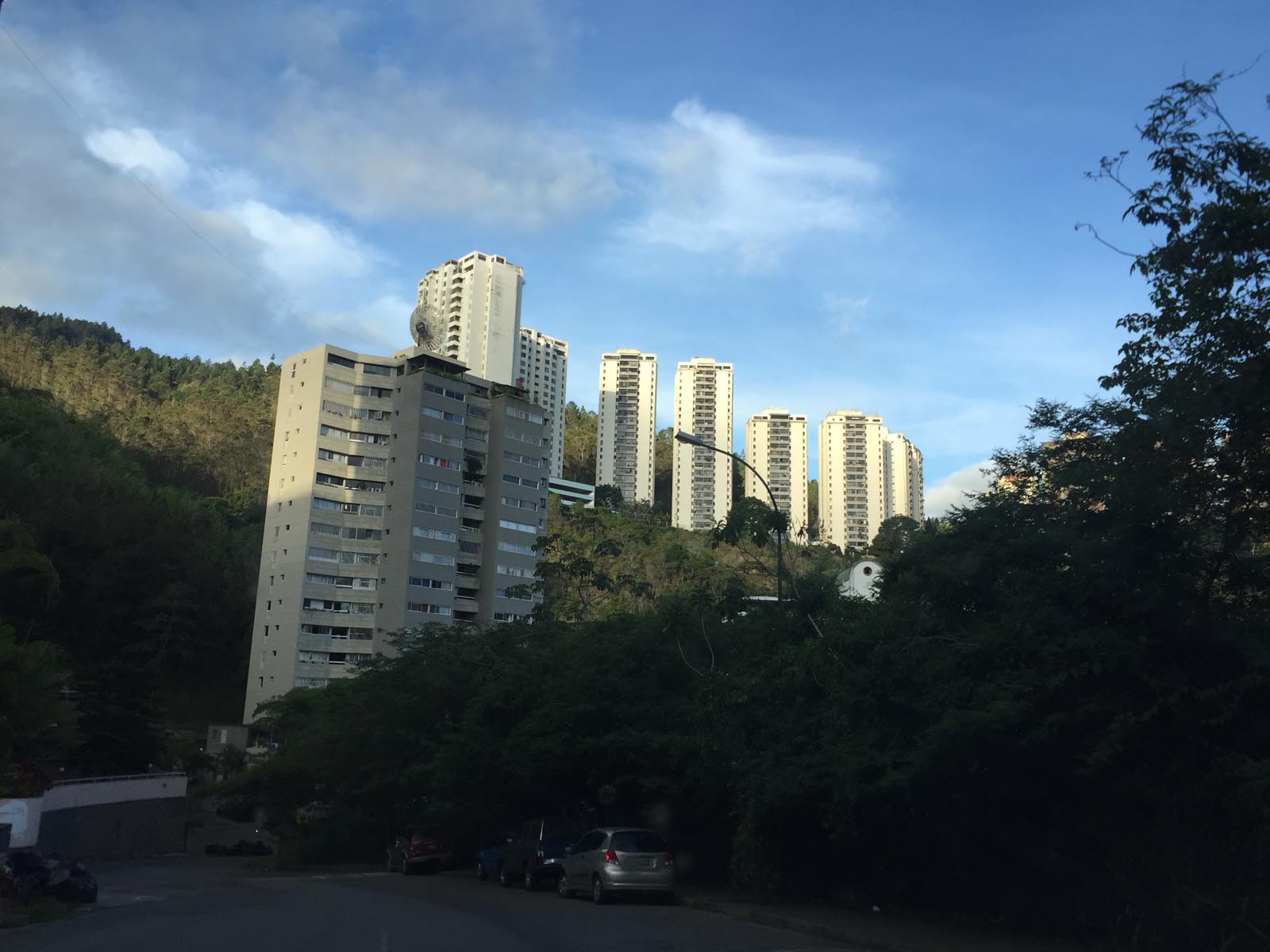
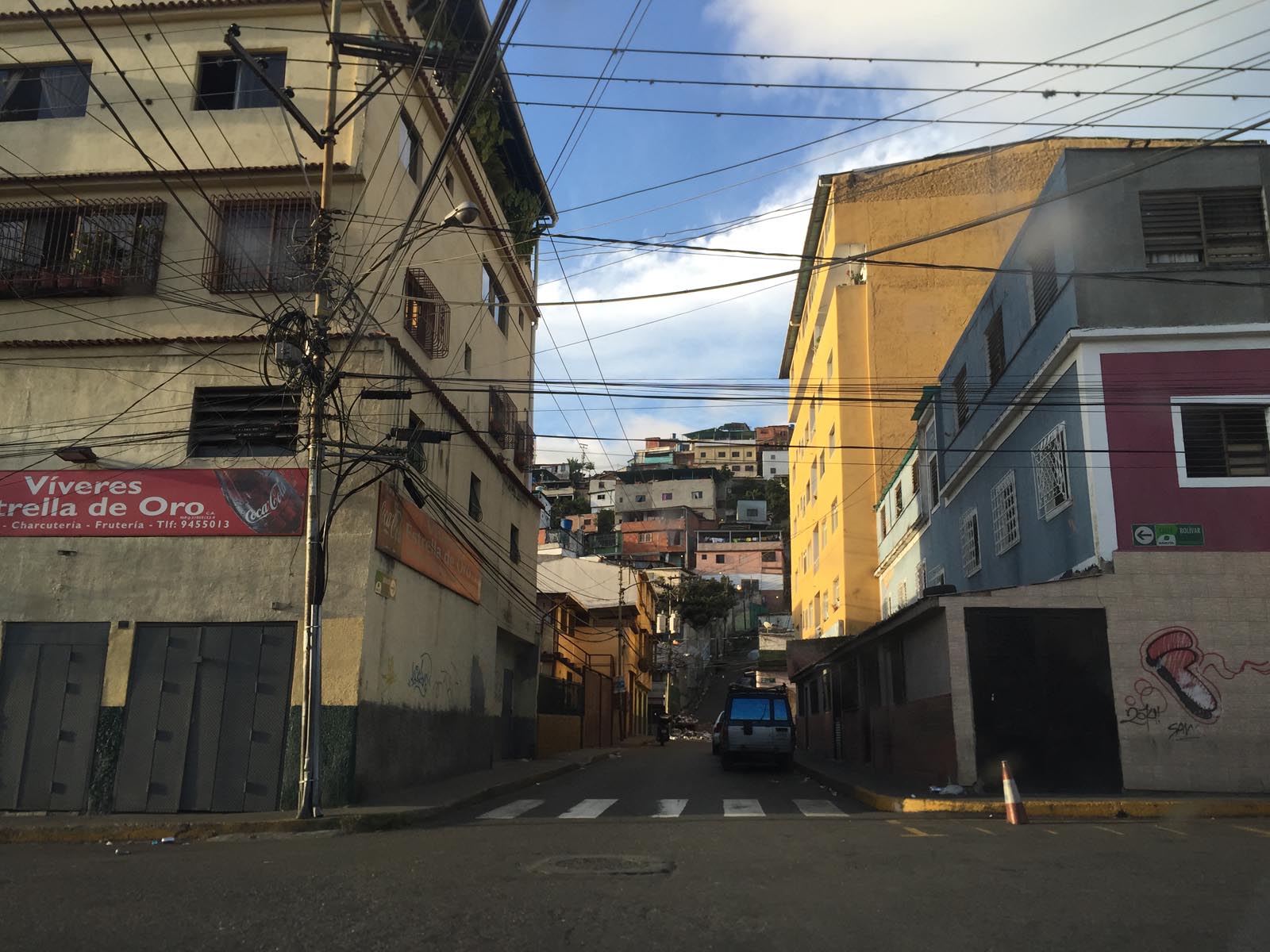

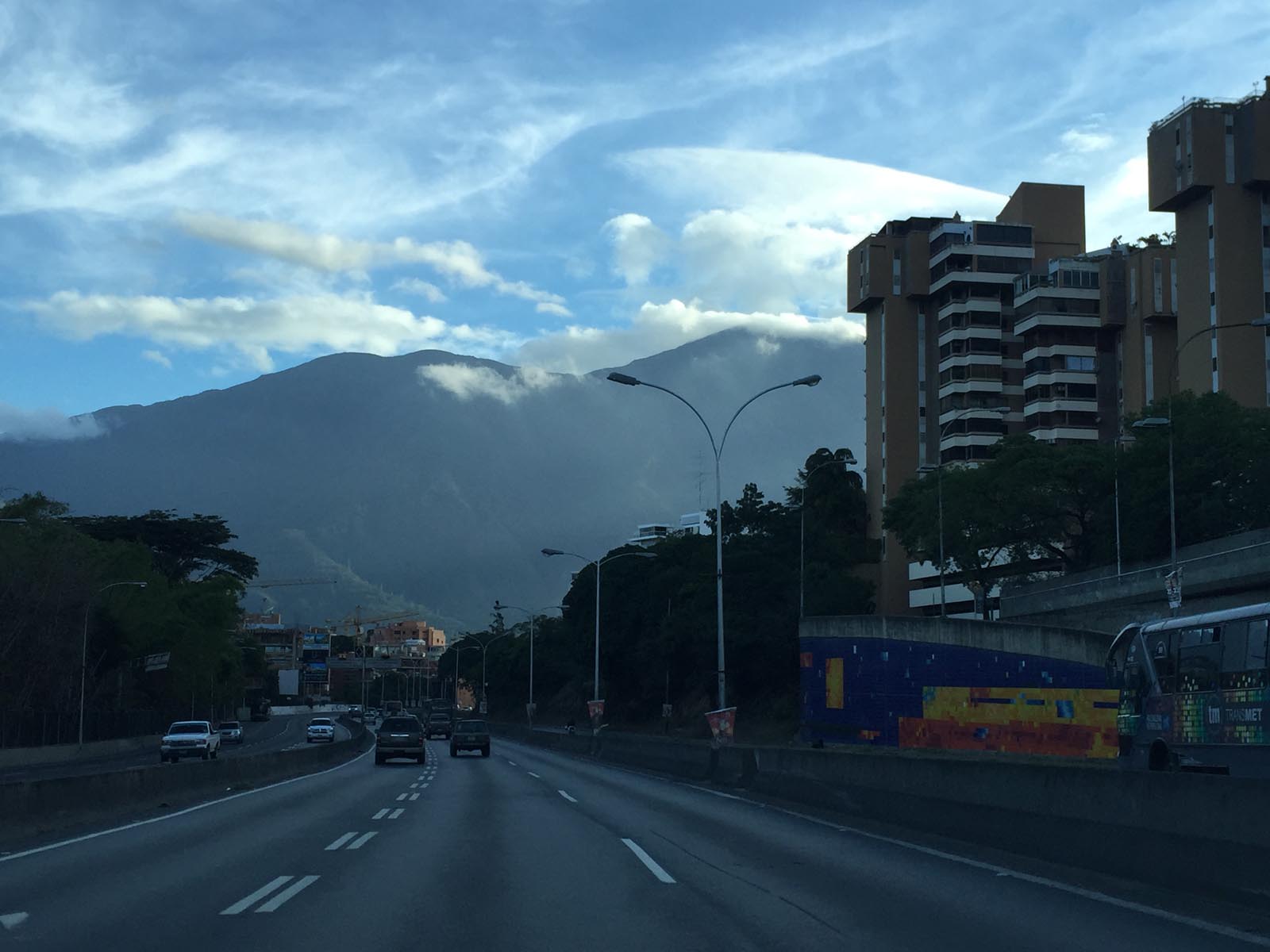

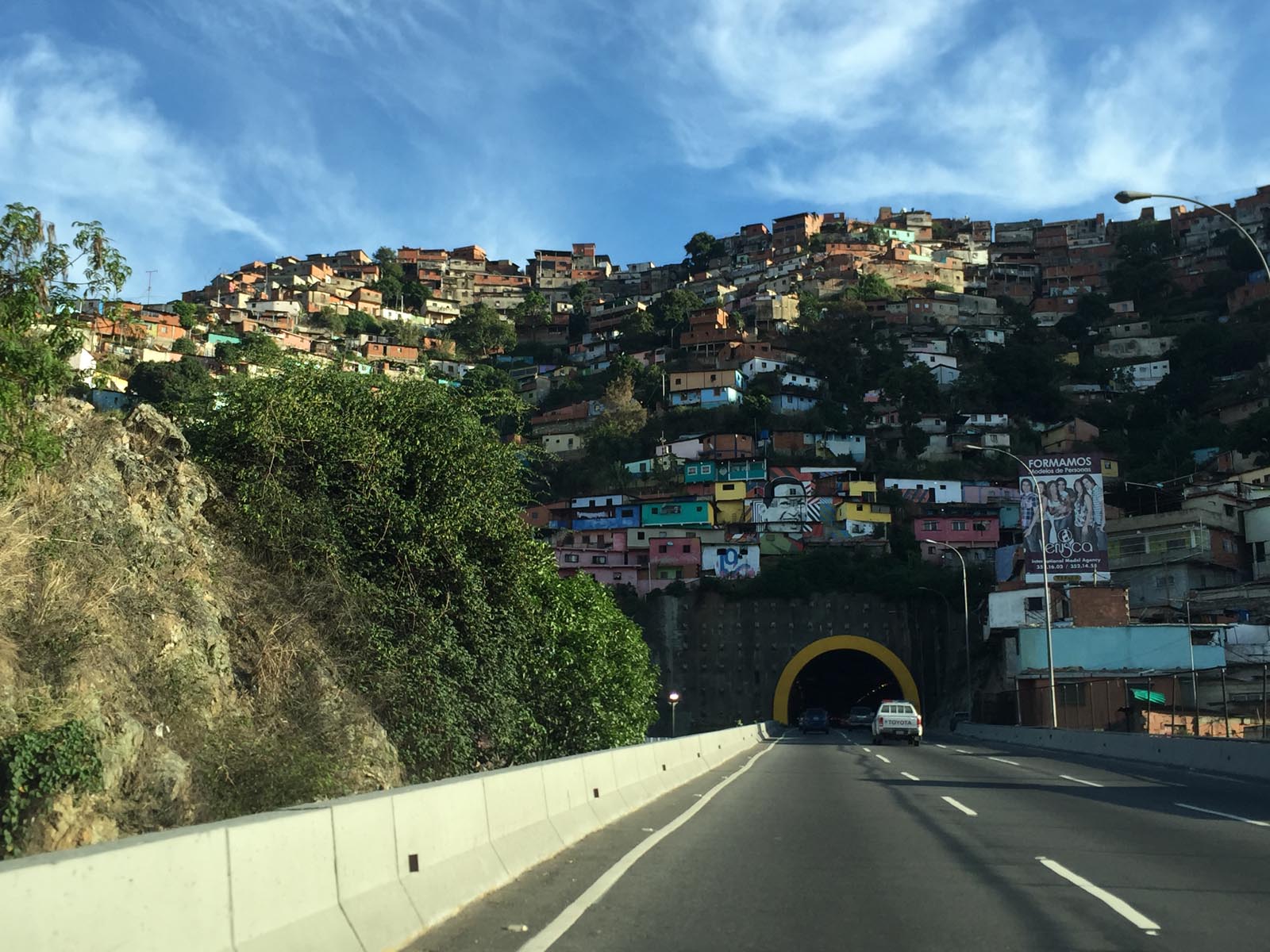
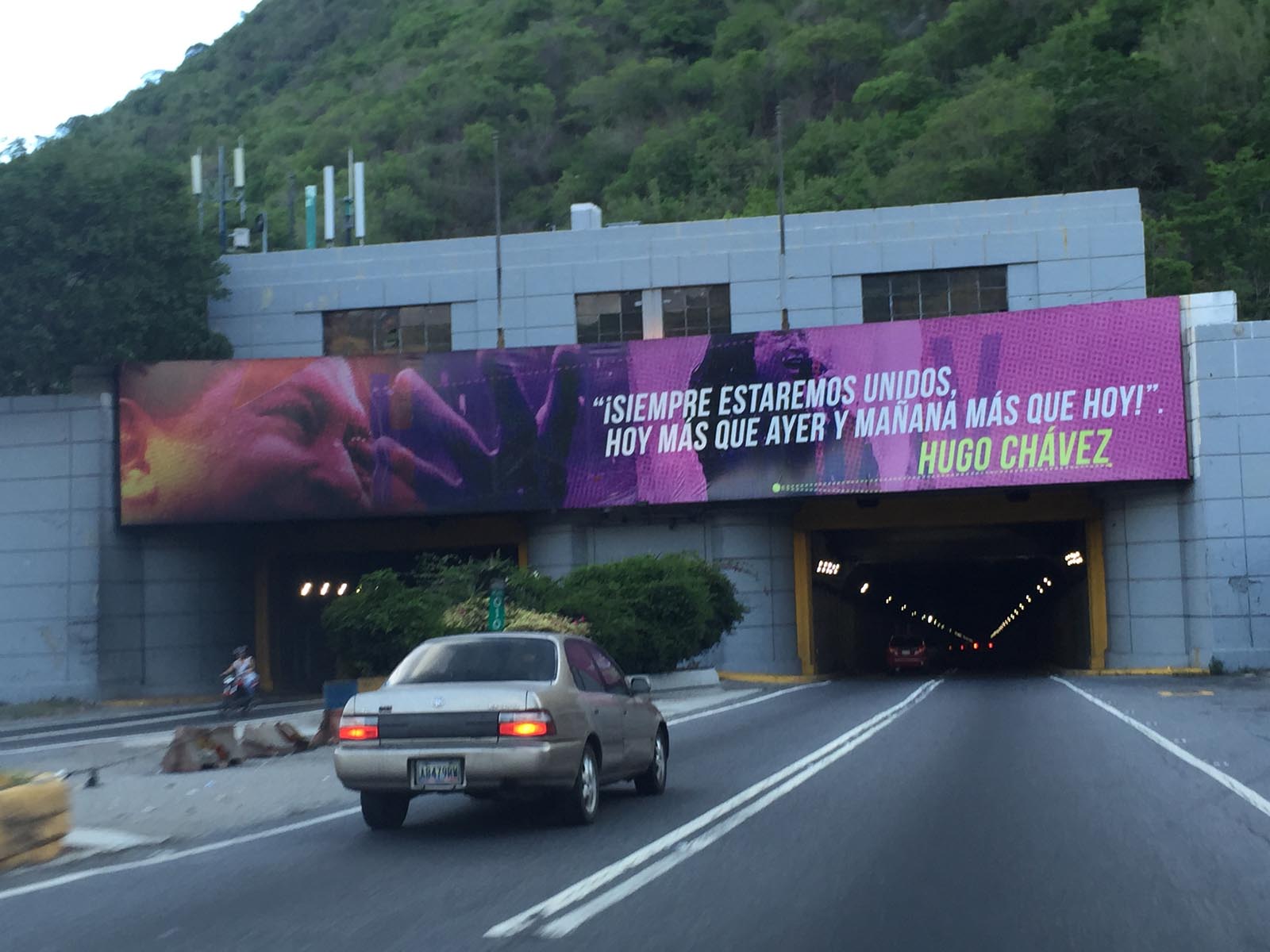
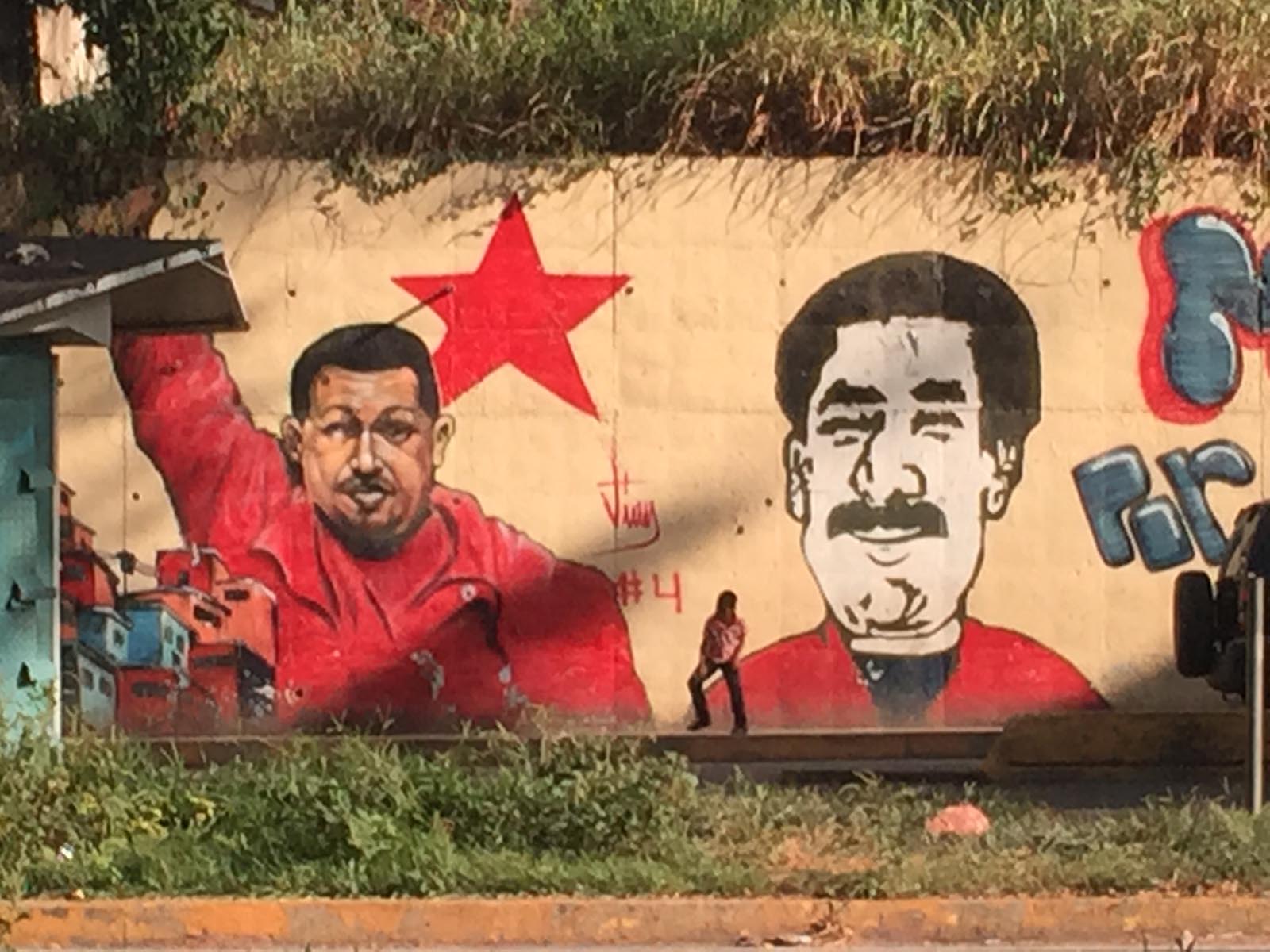
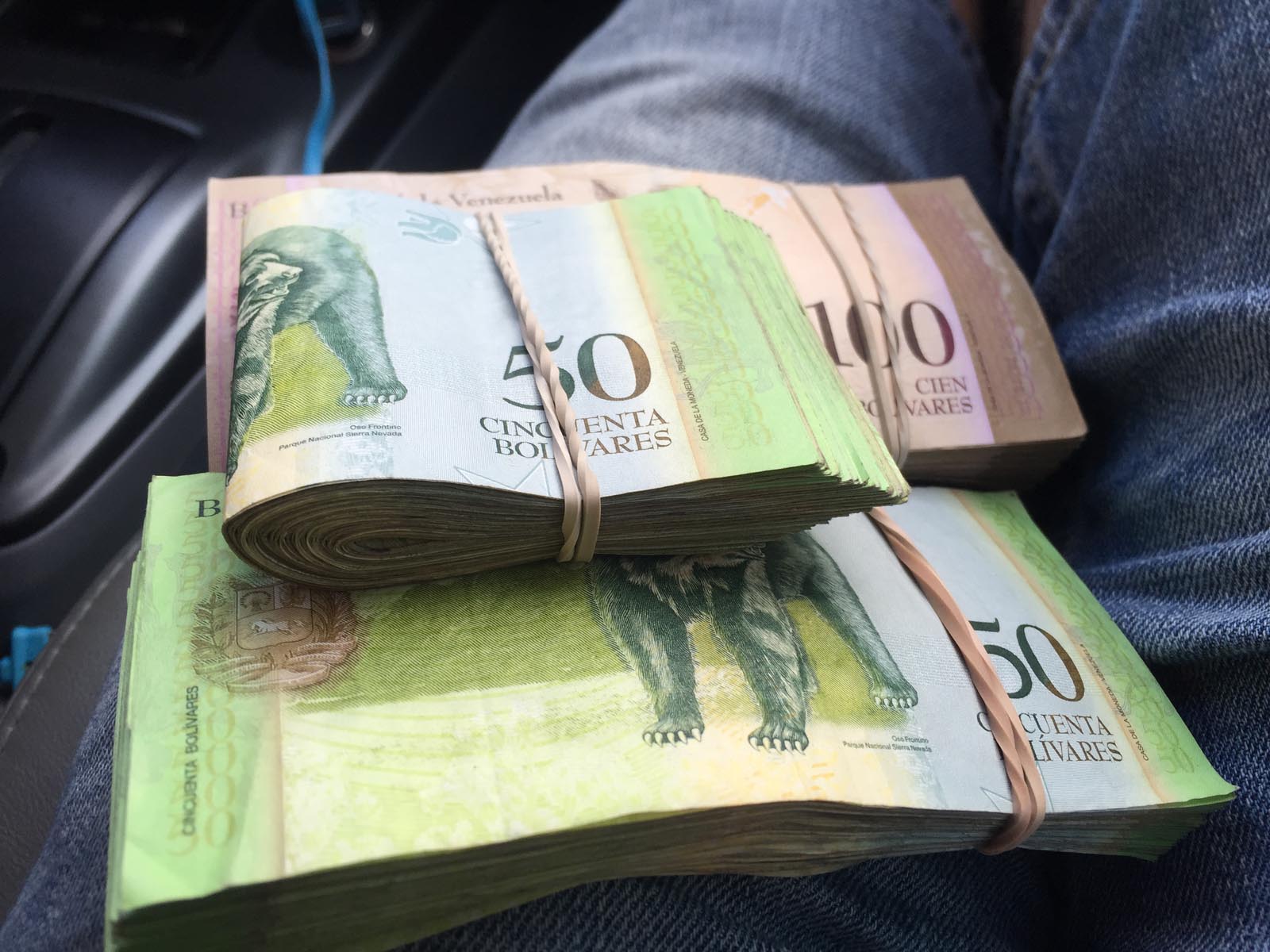
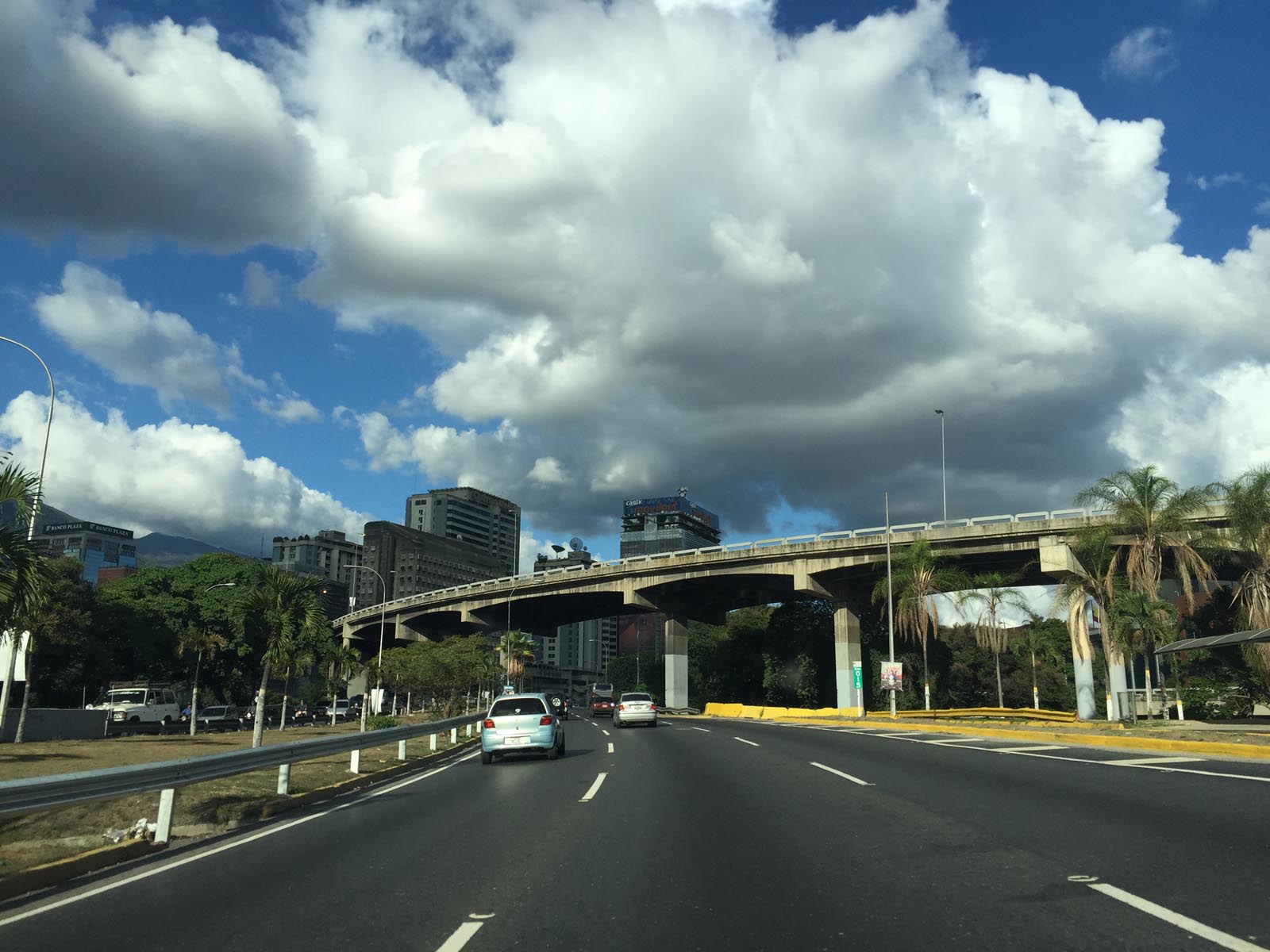
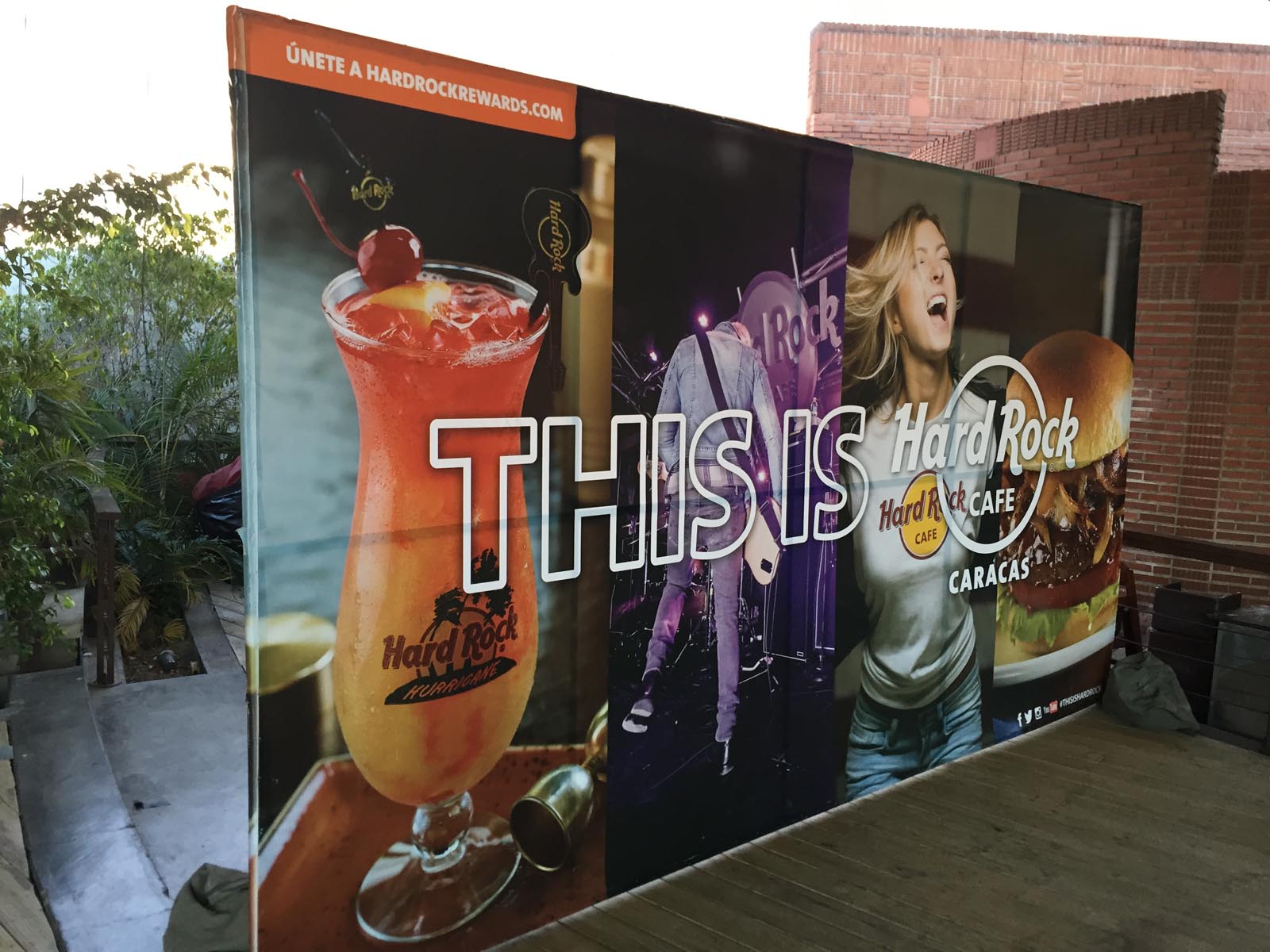
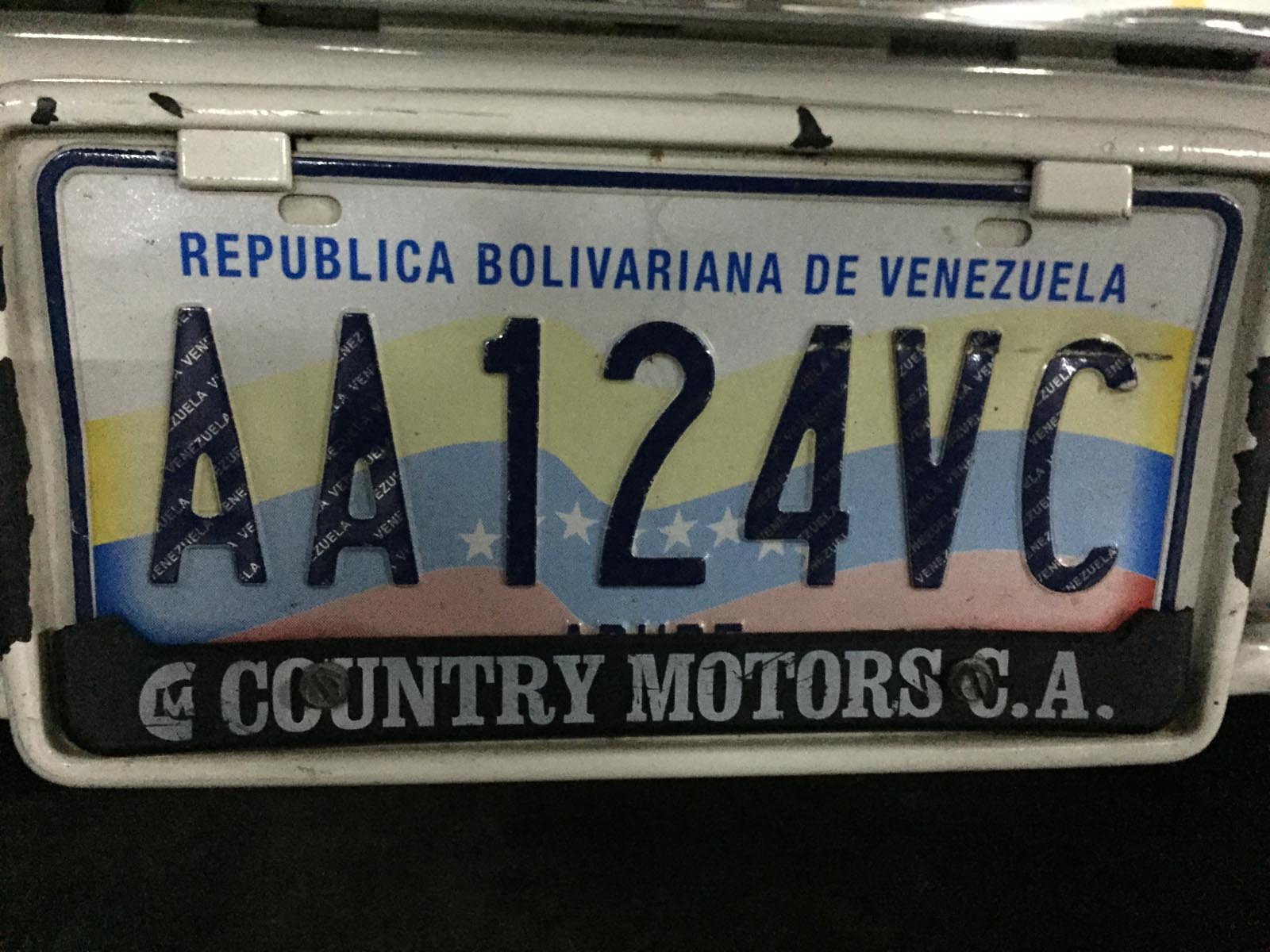
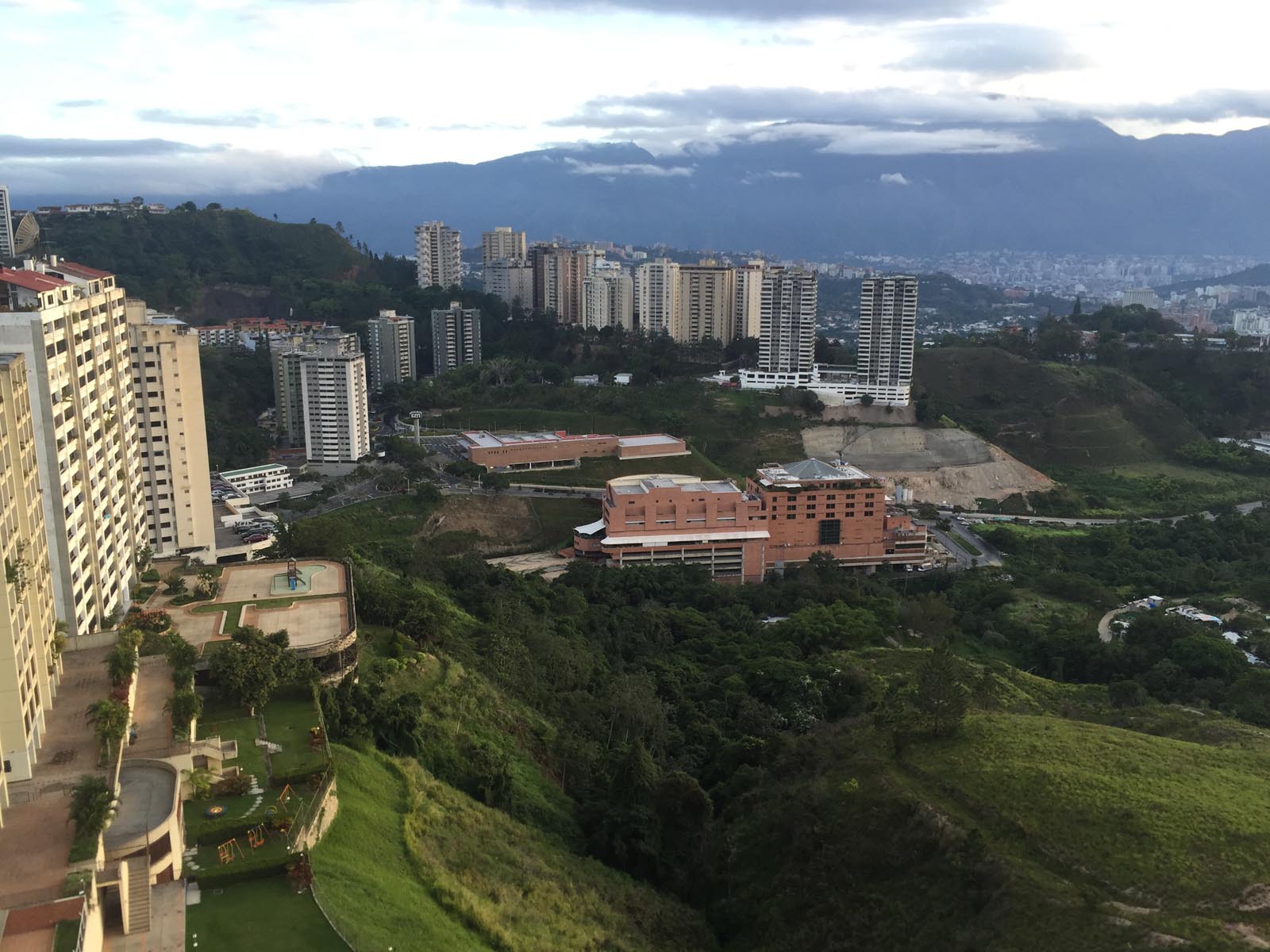
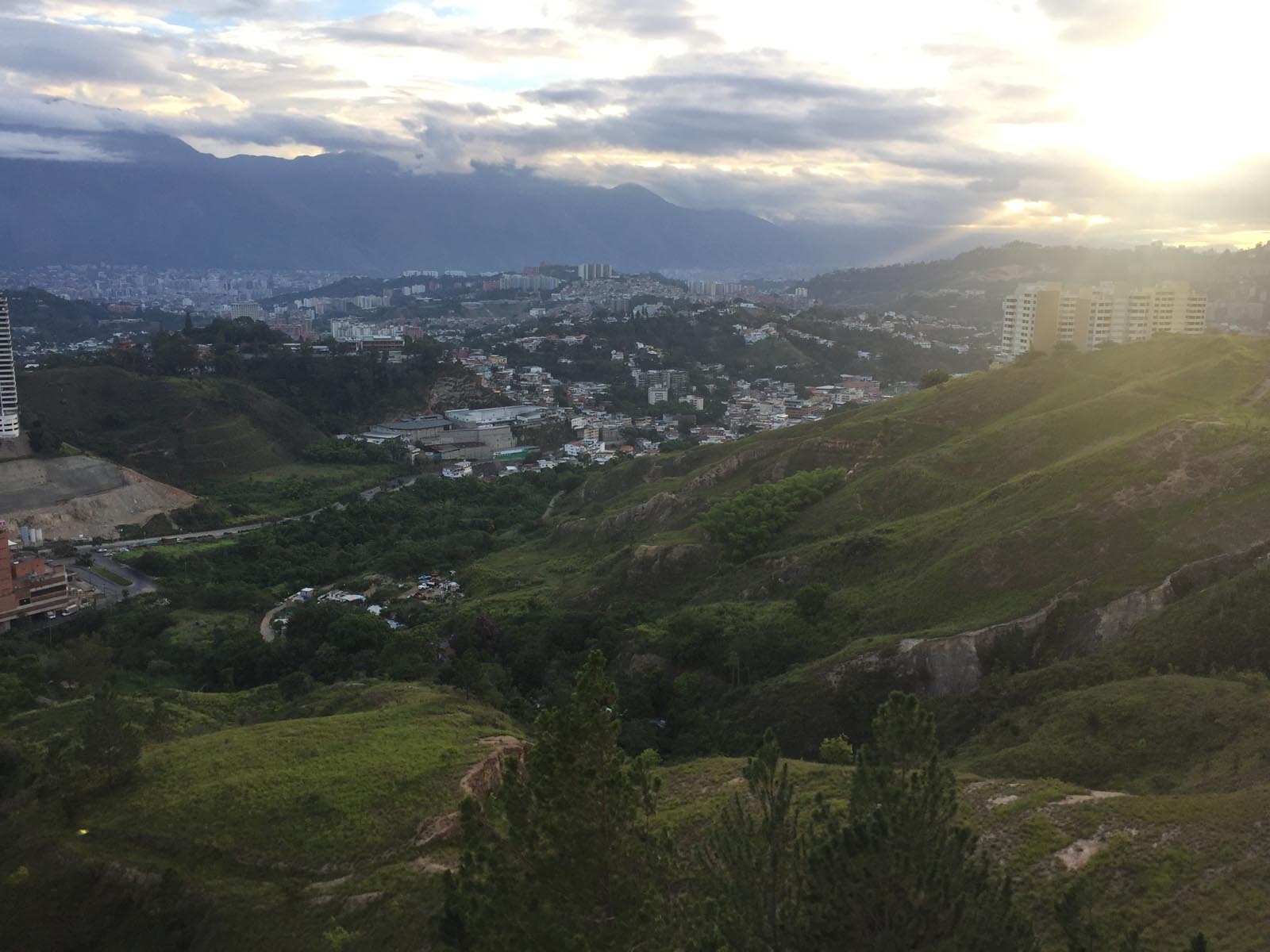
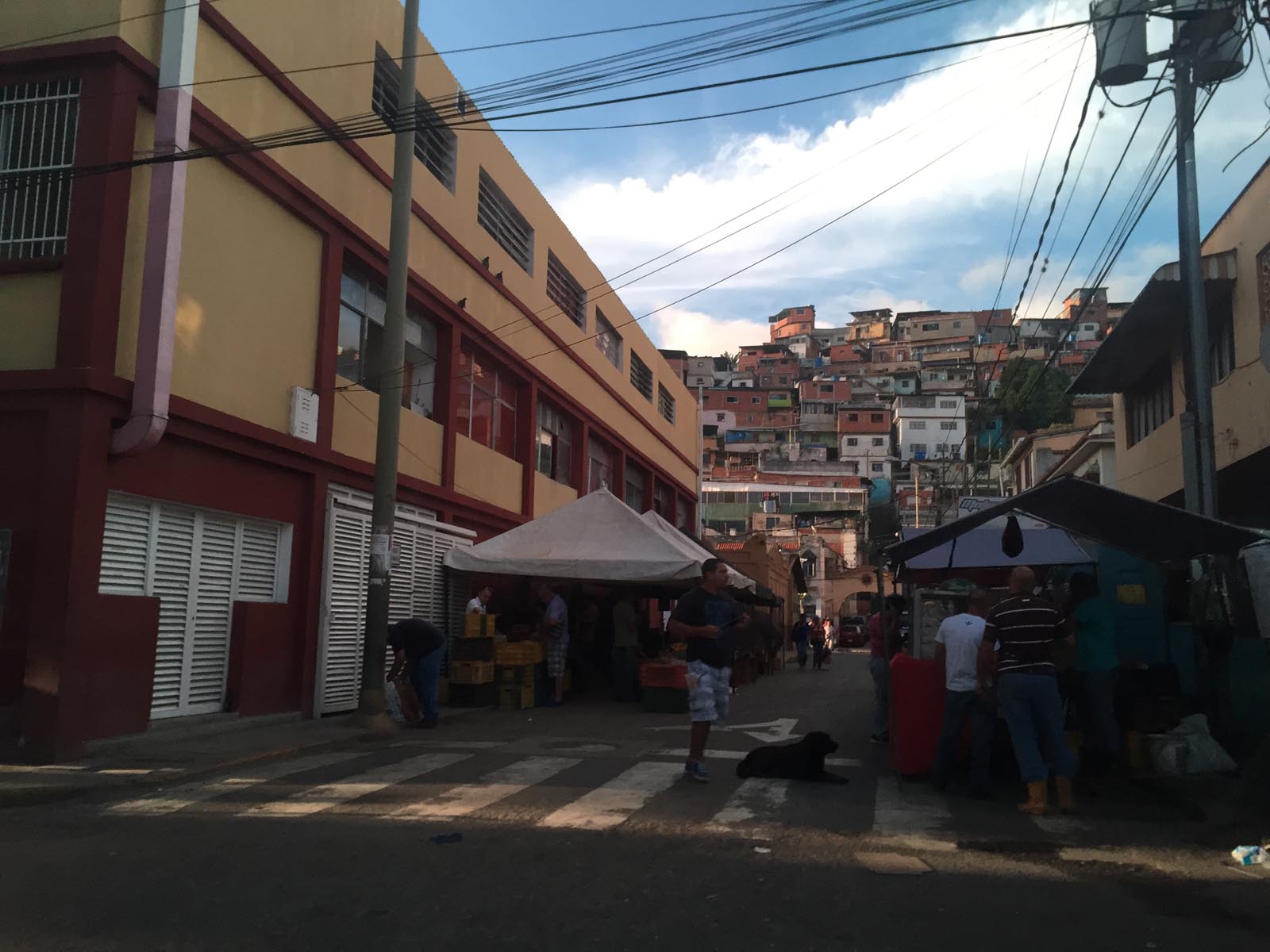
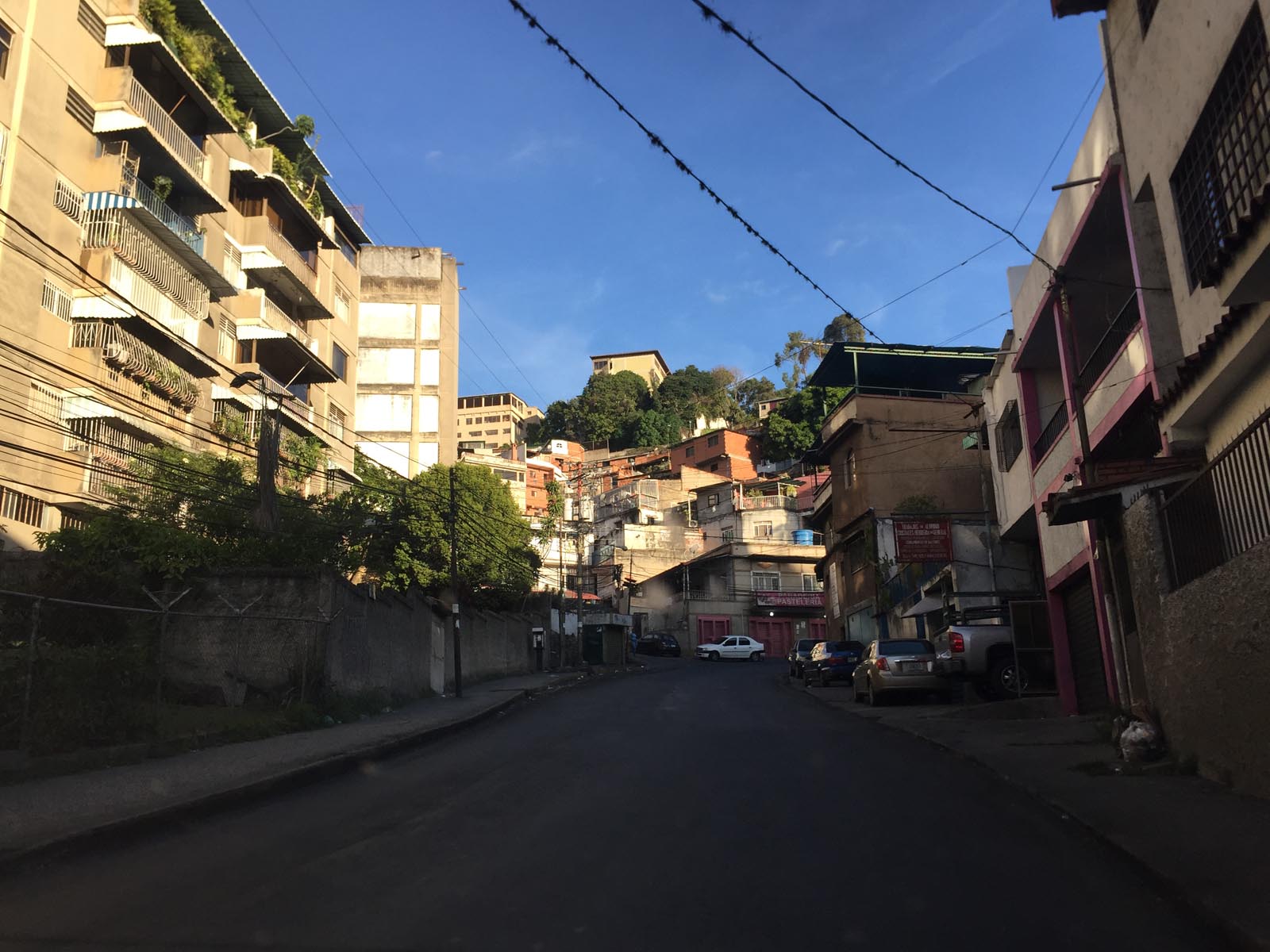
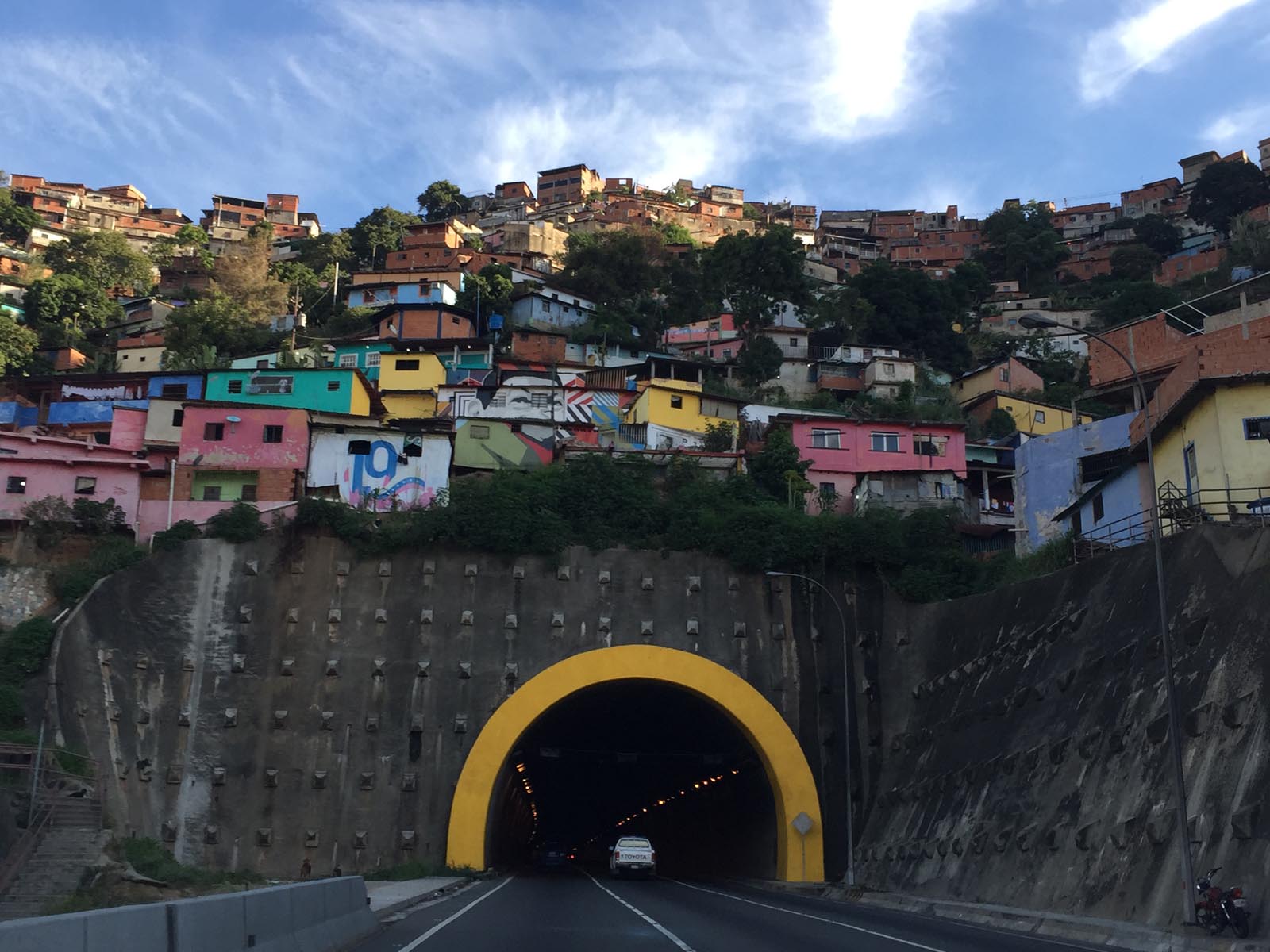
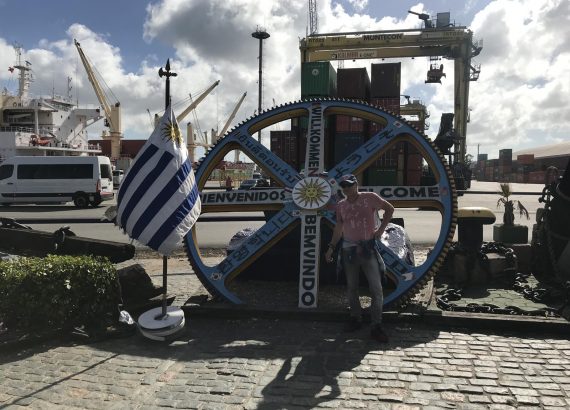
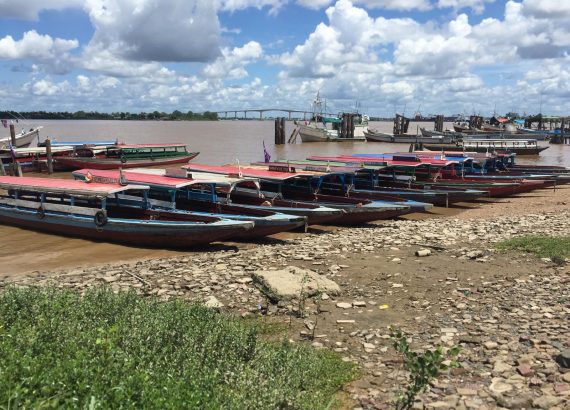
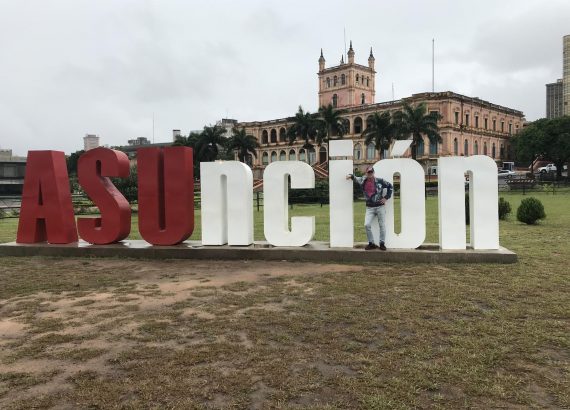
No Comments